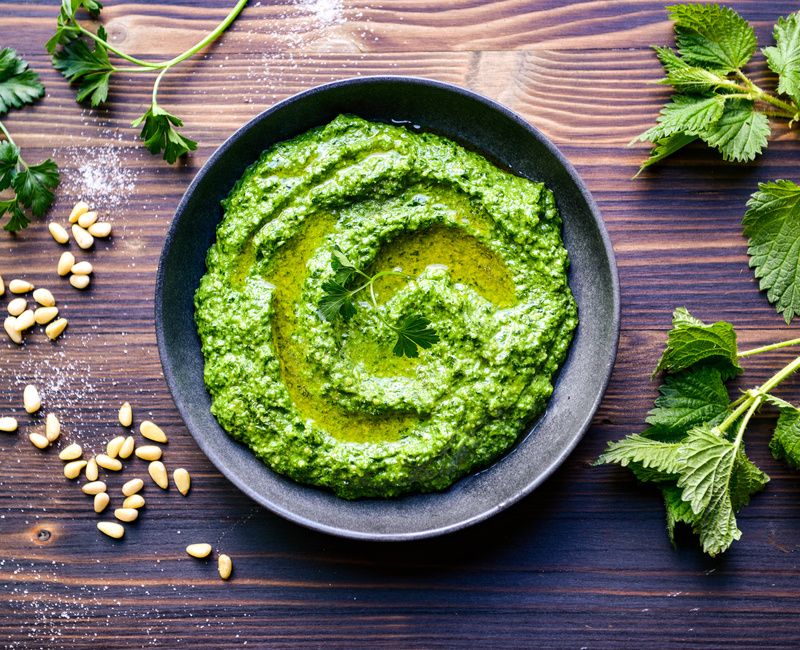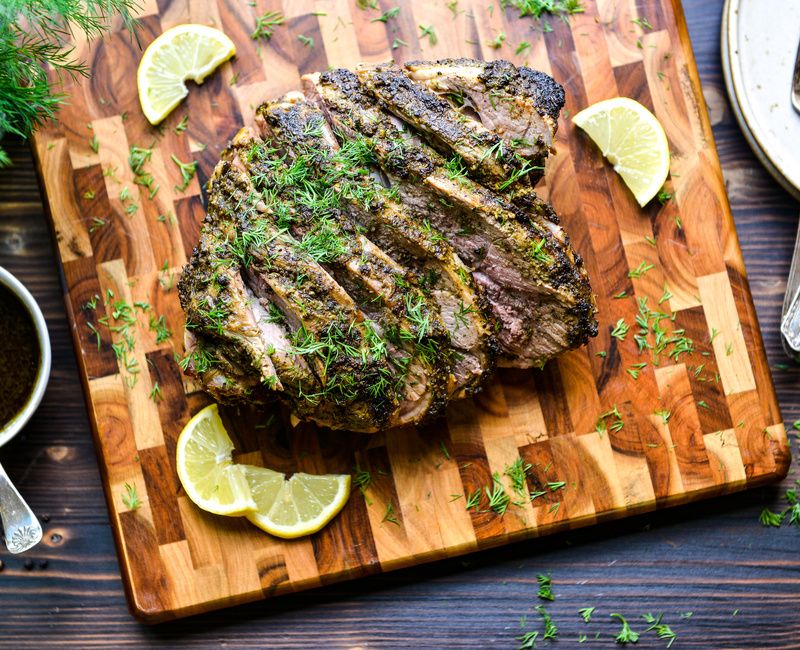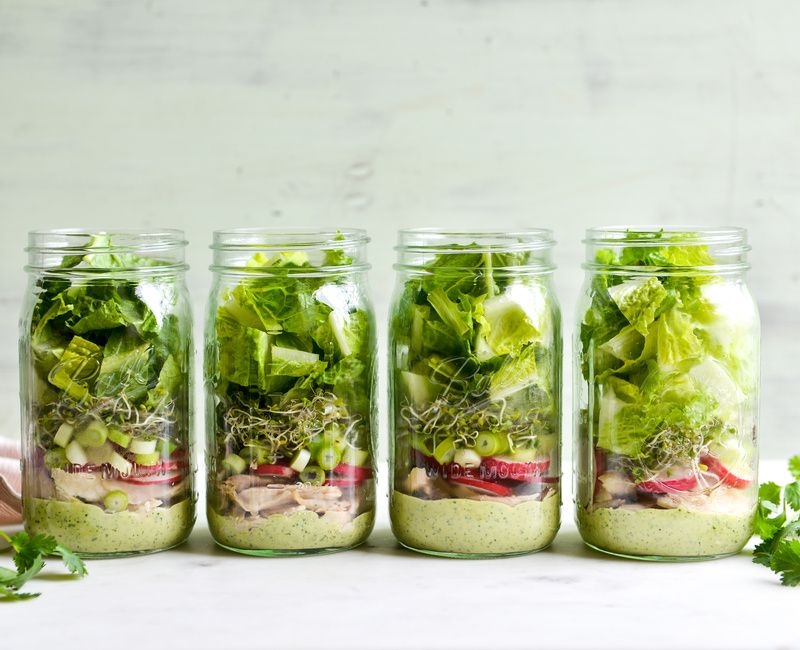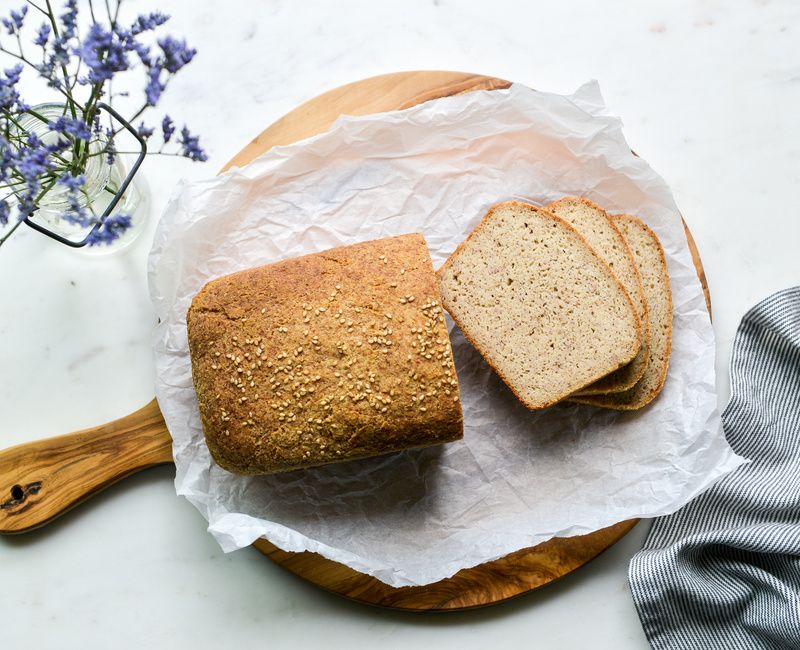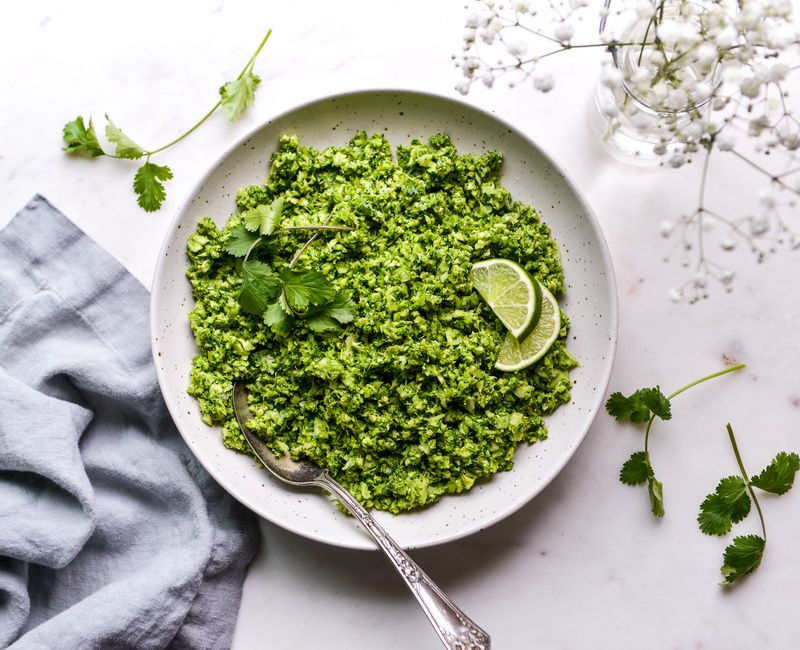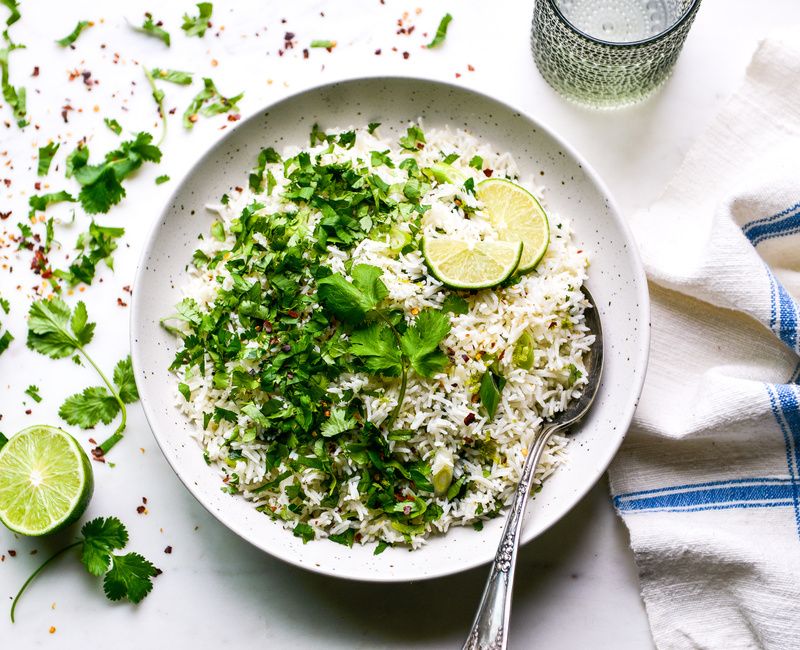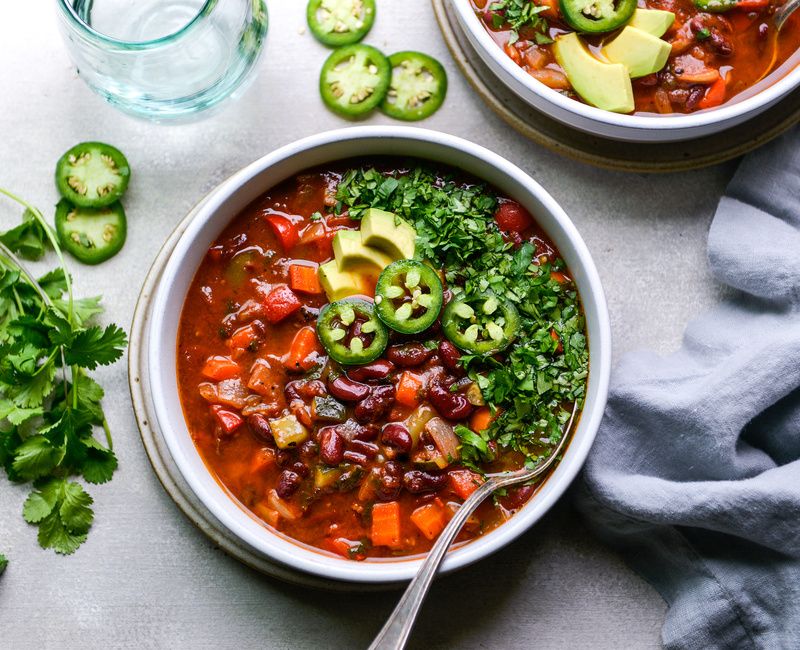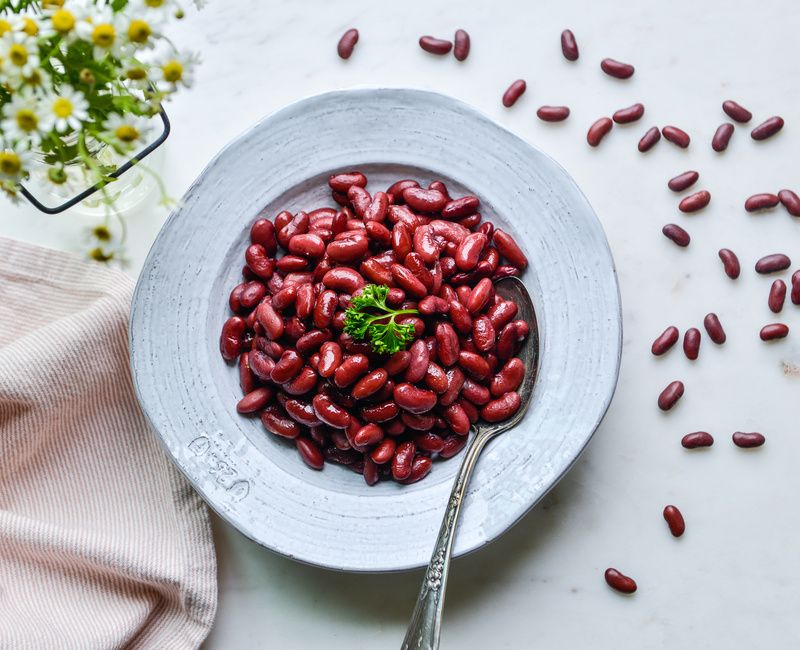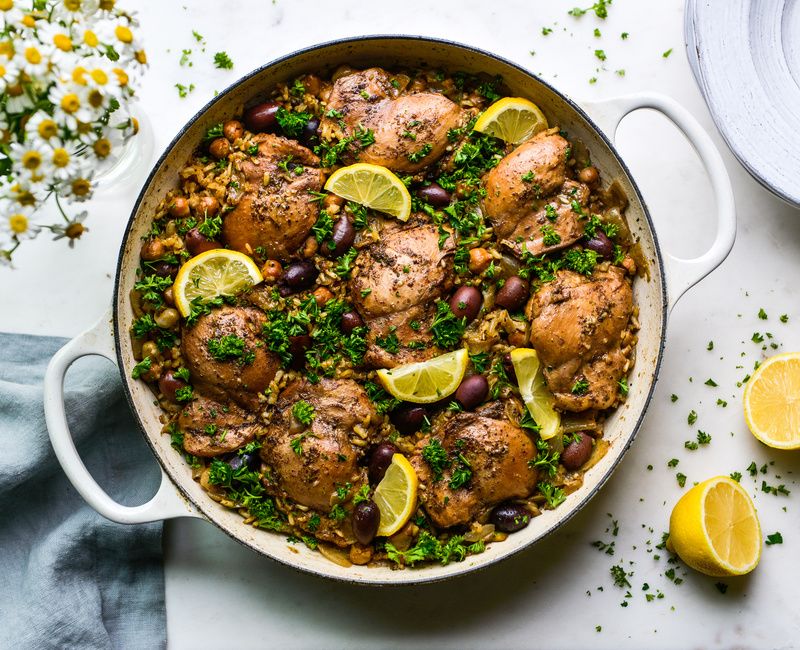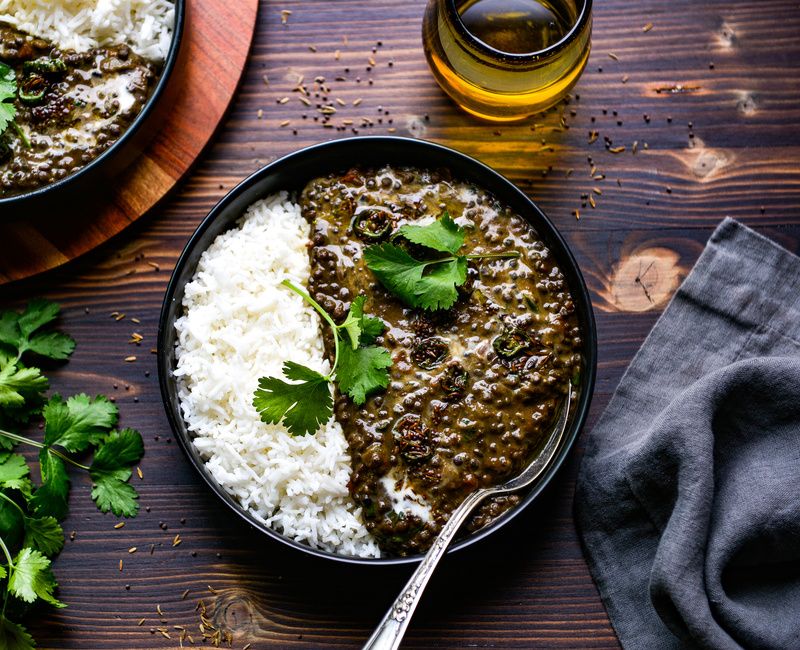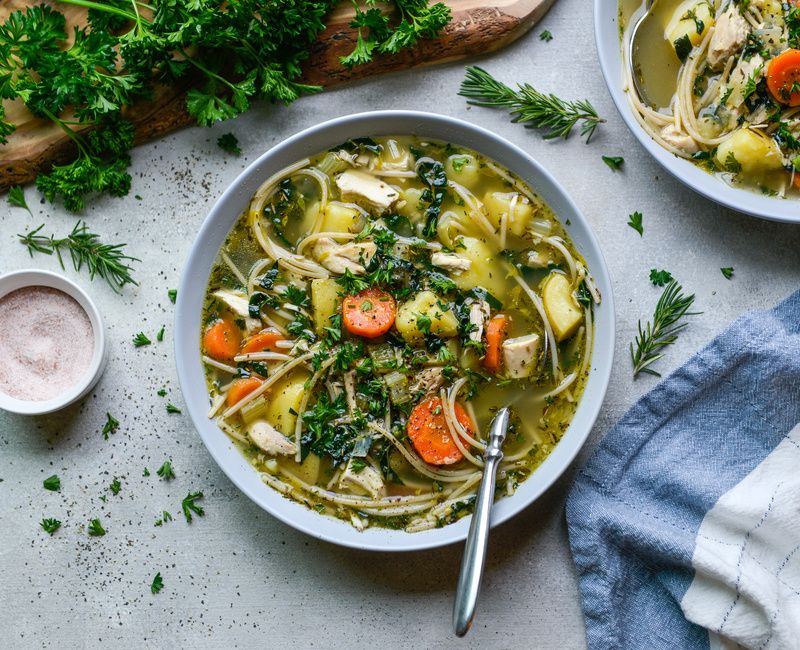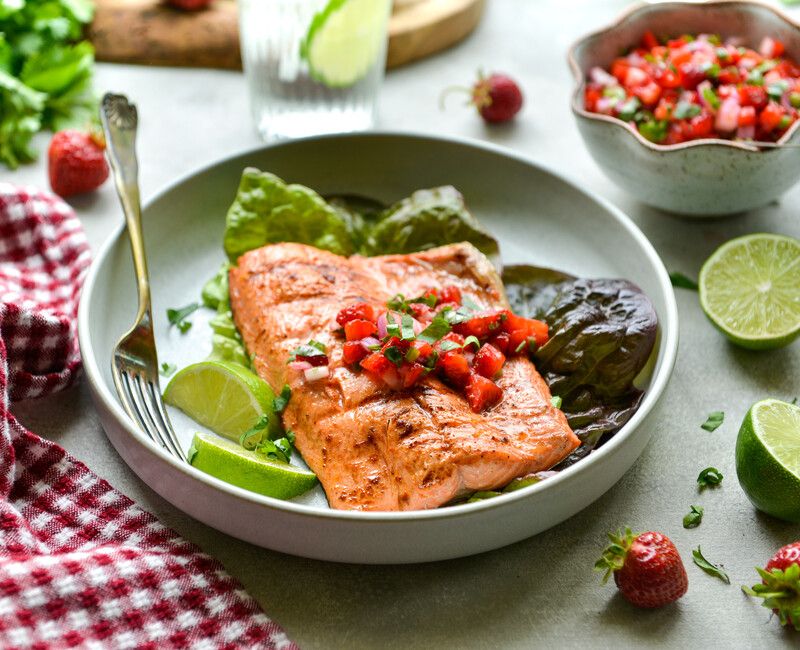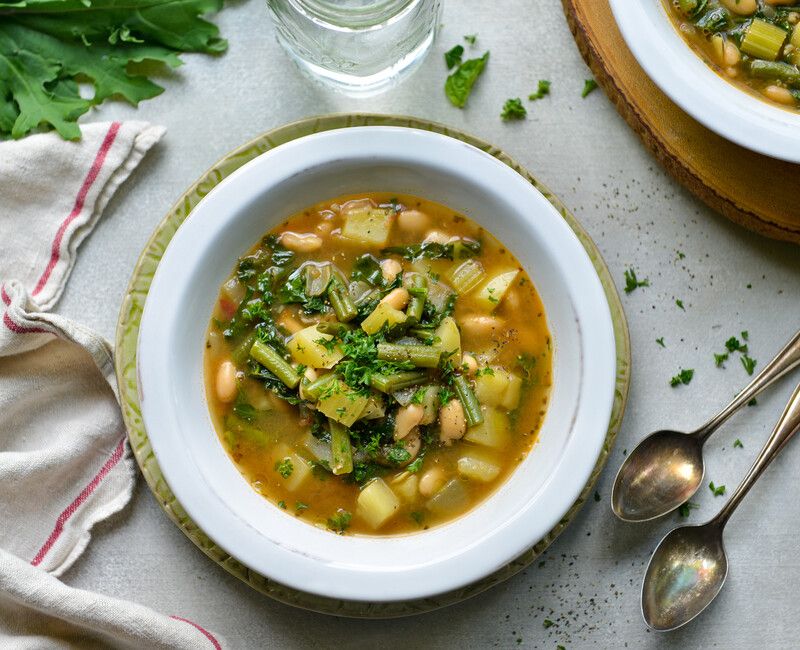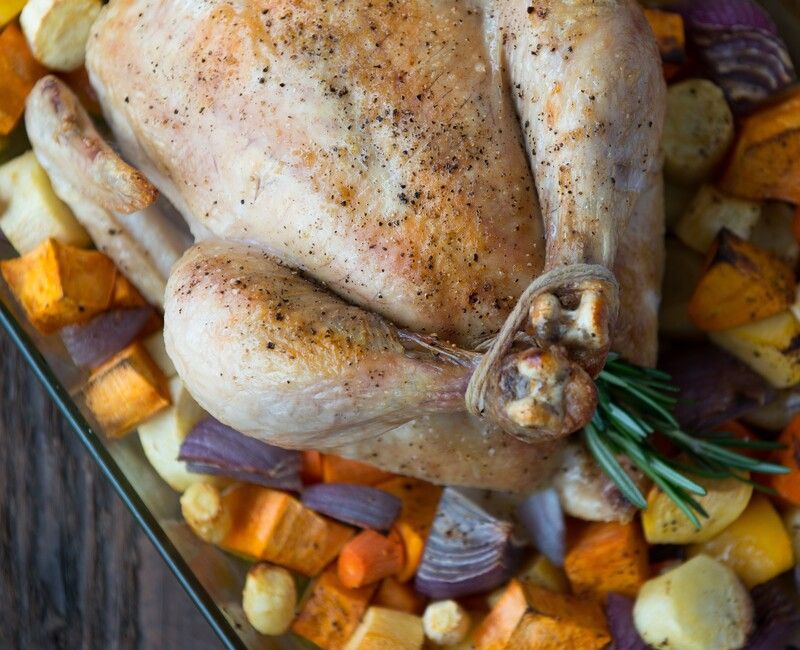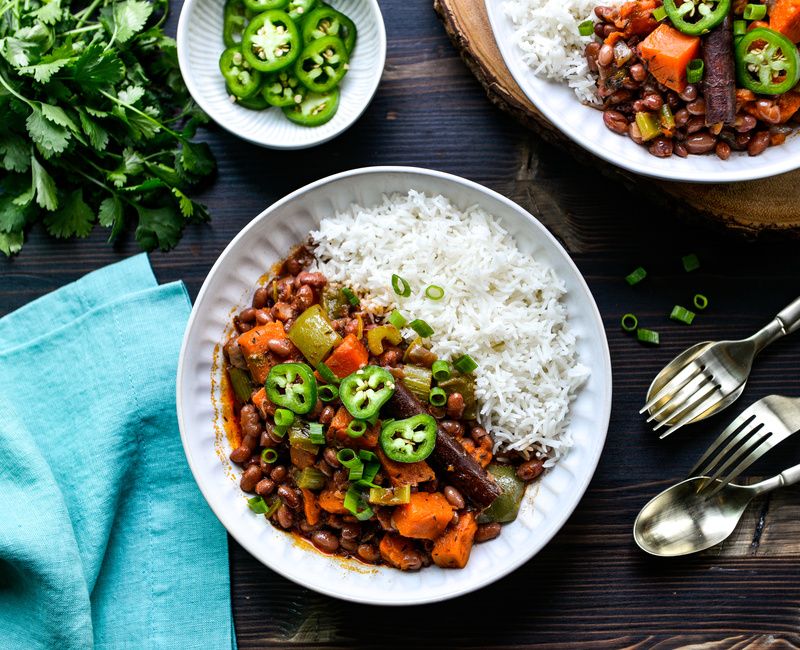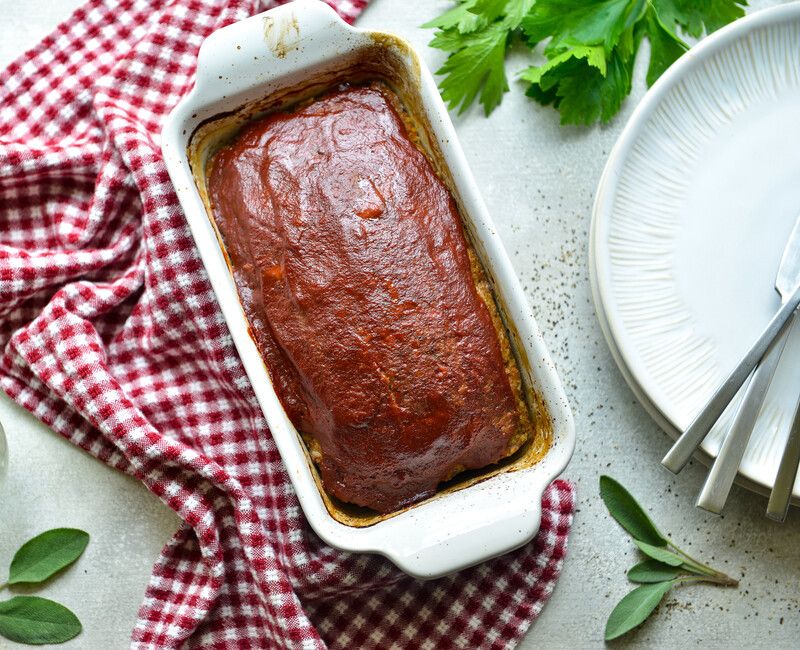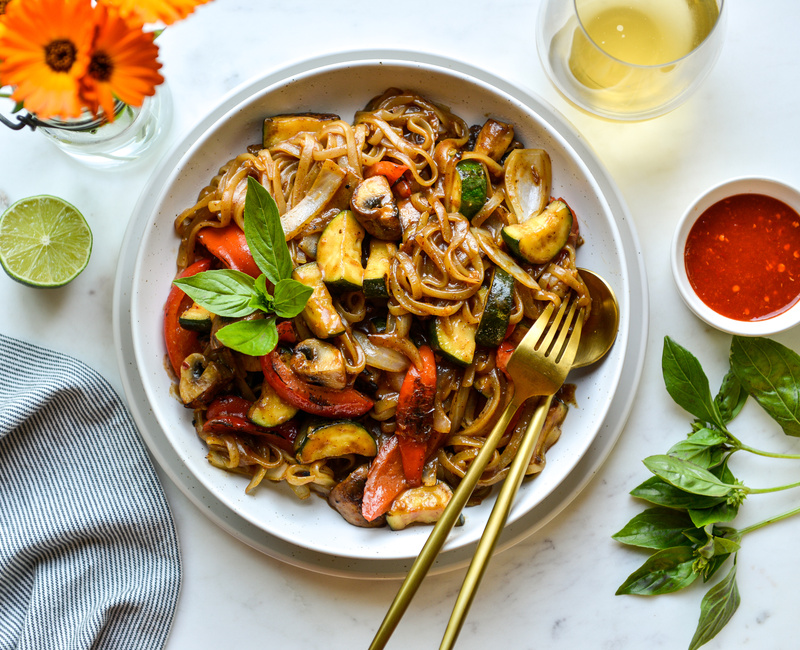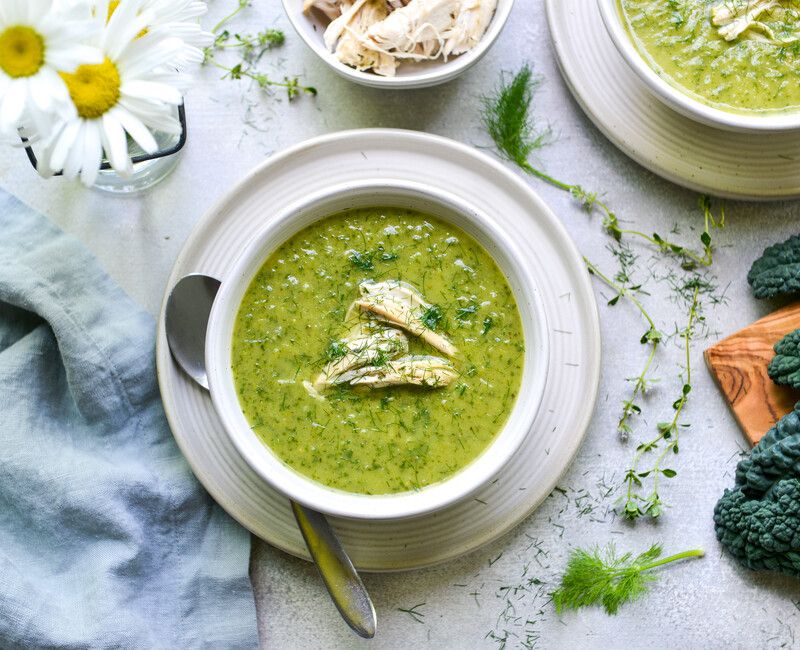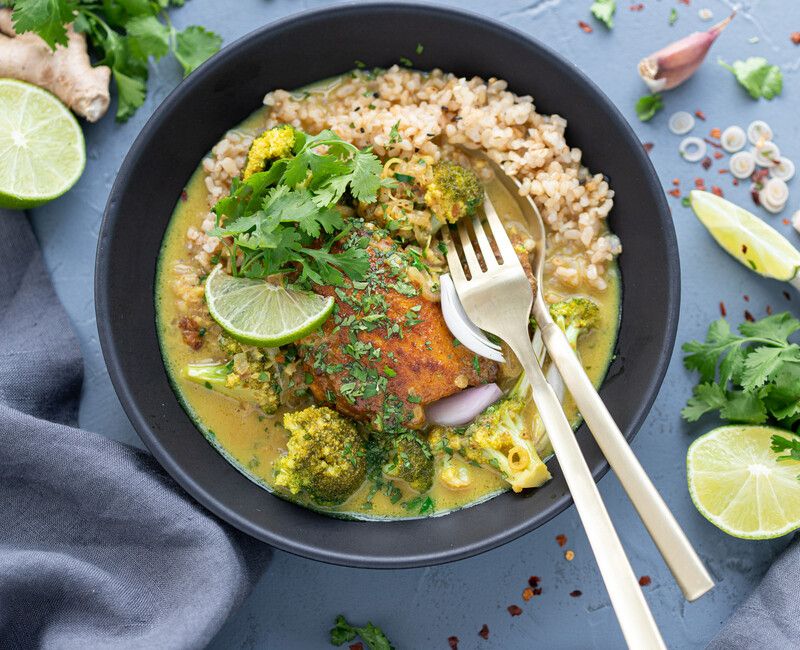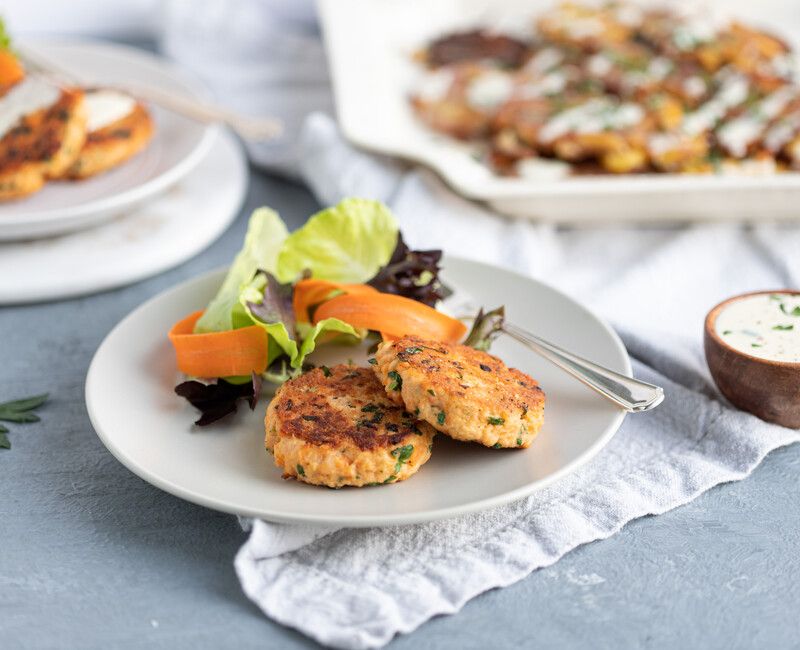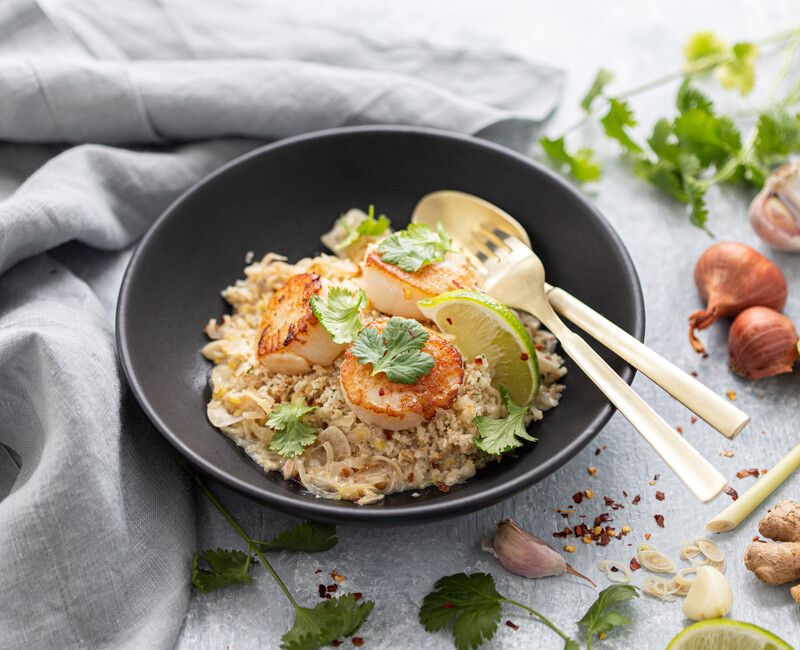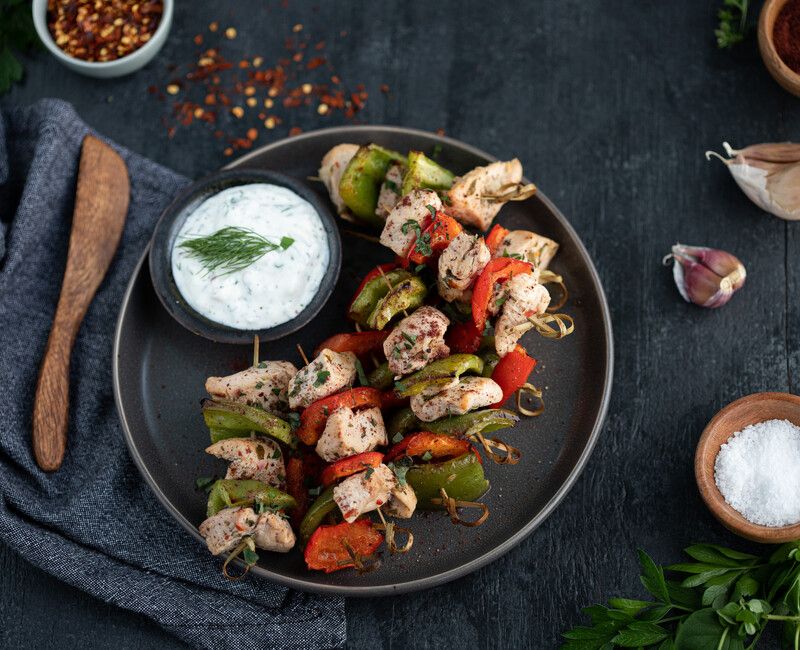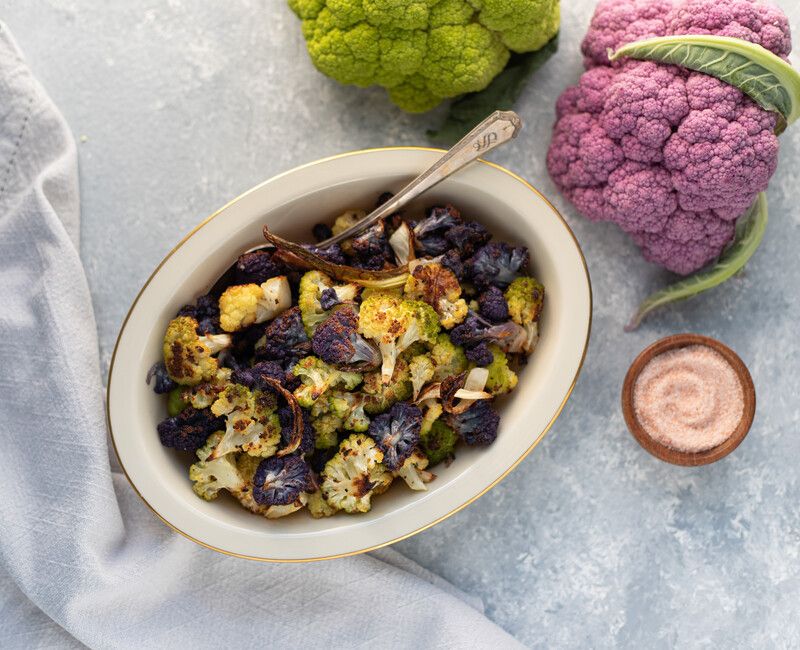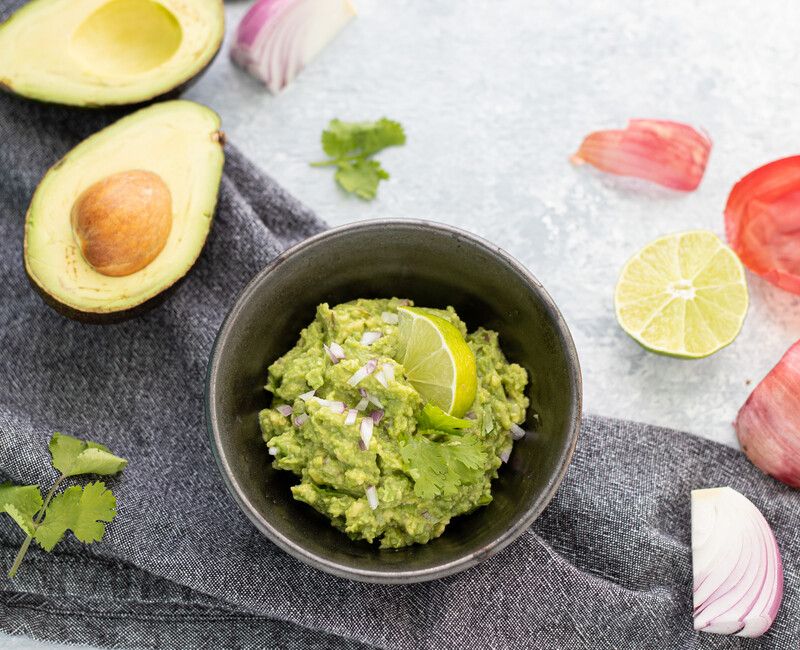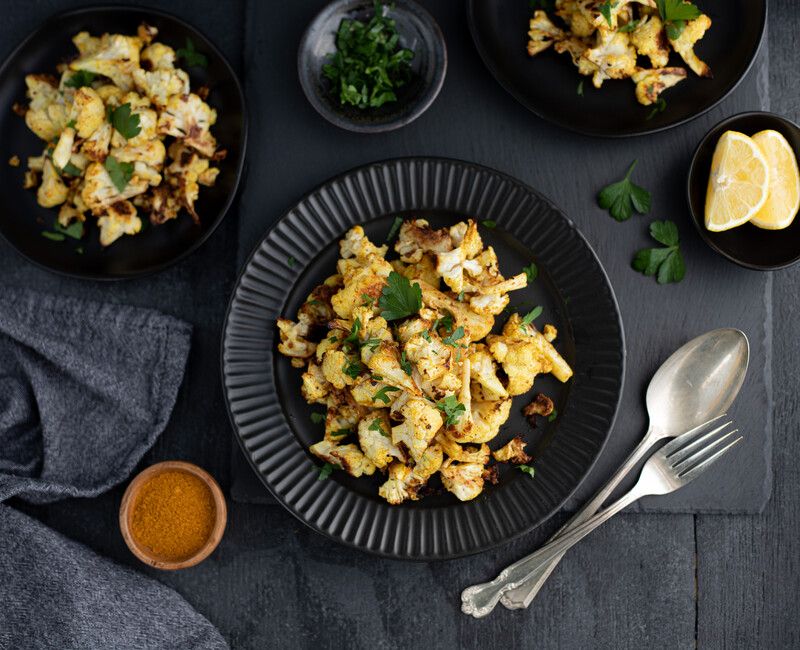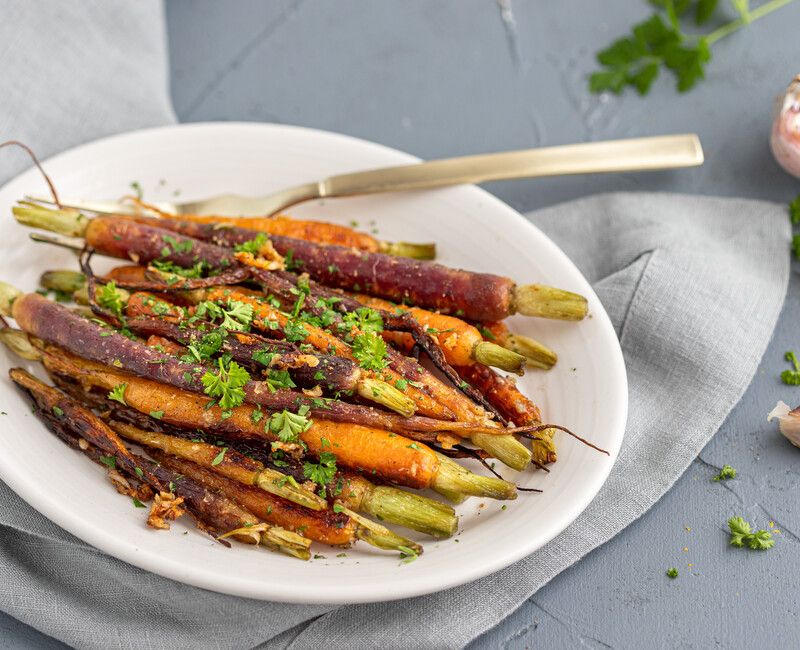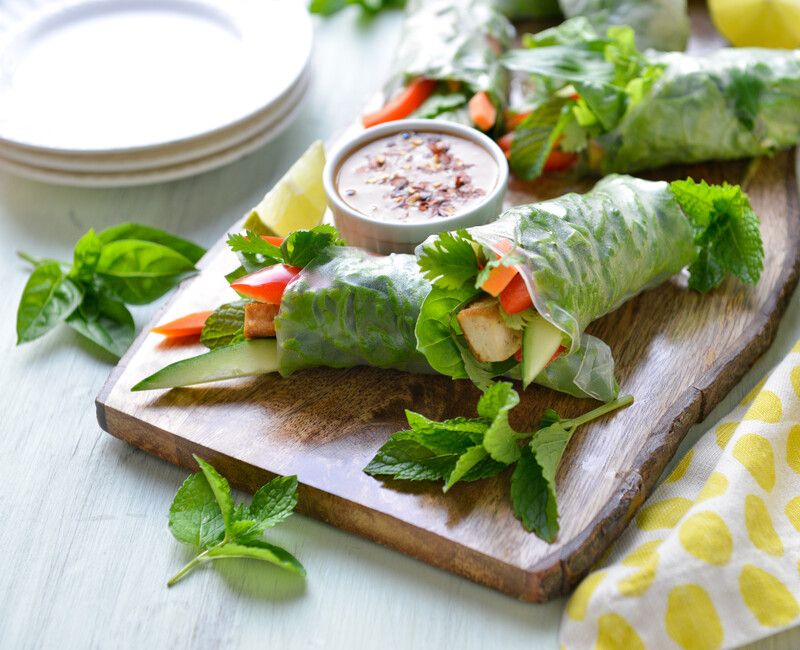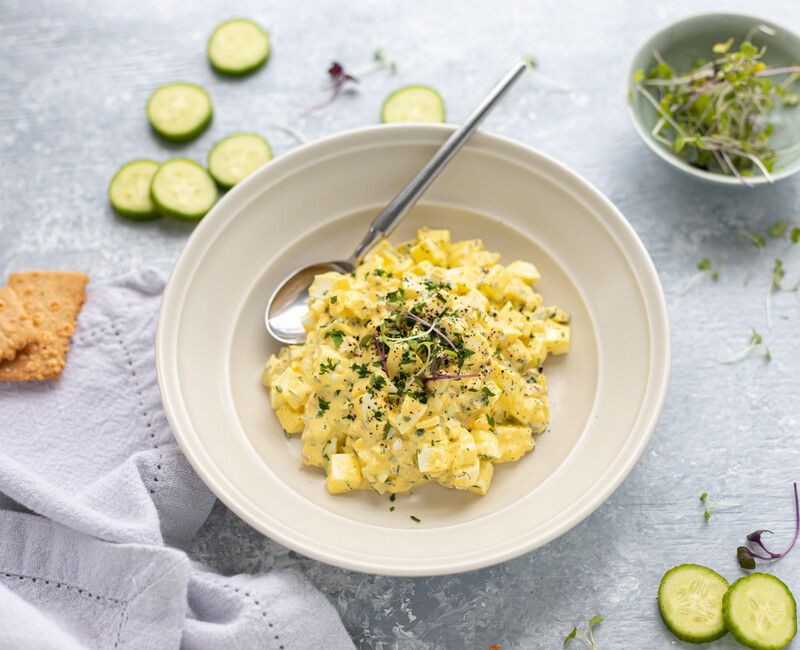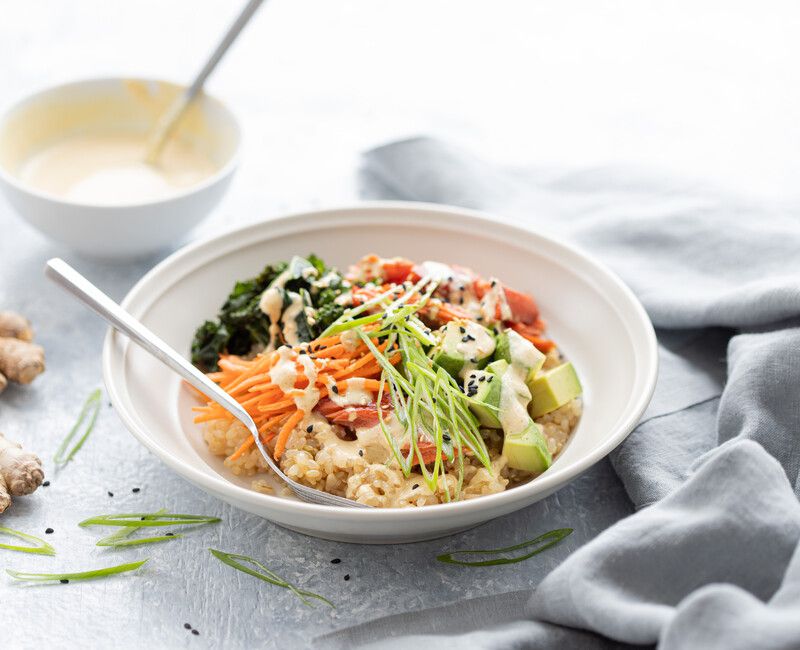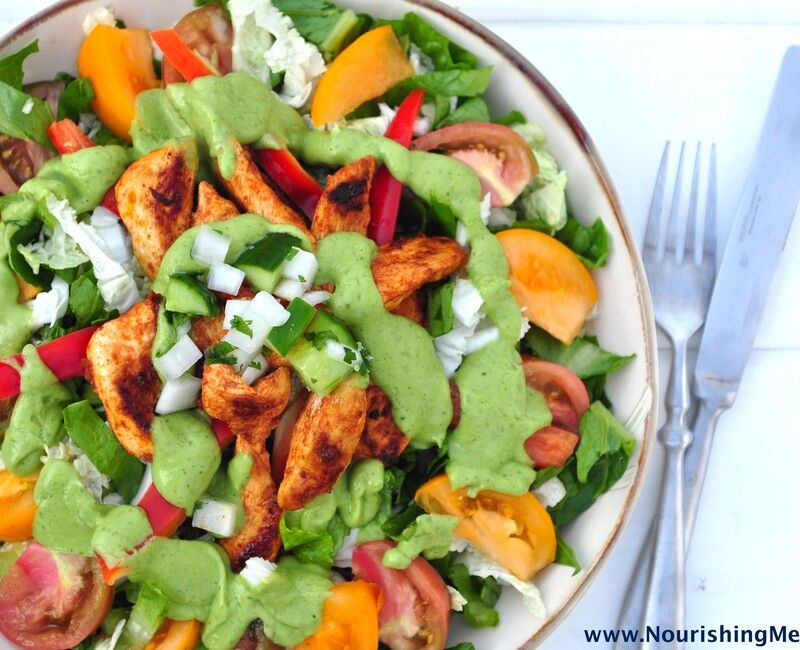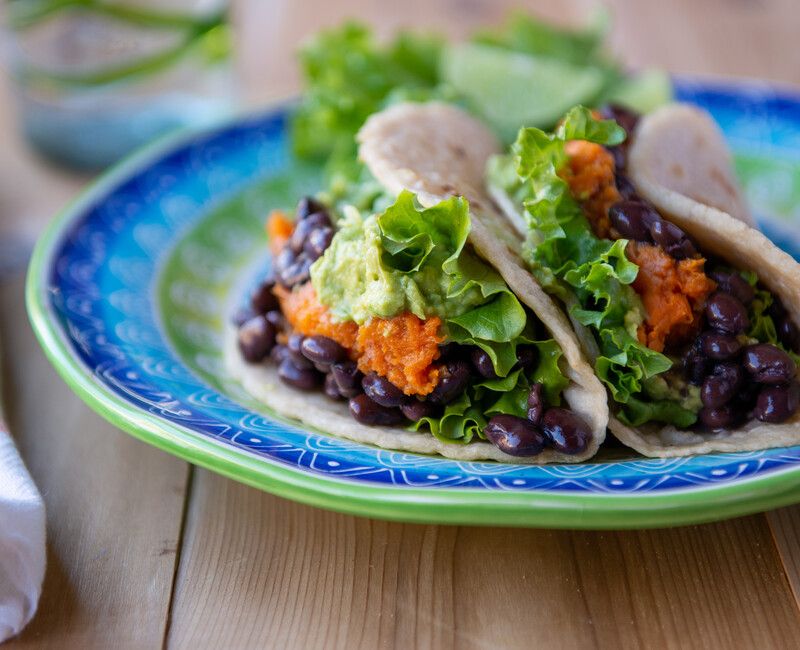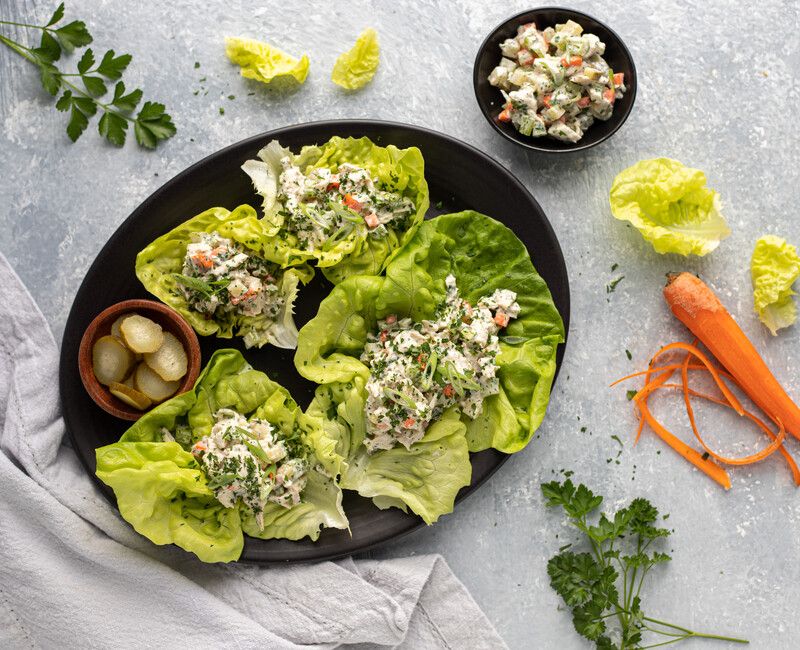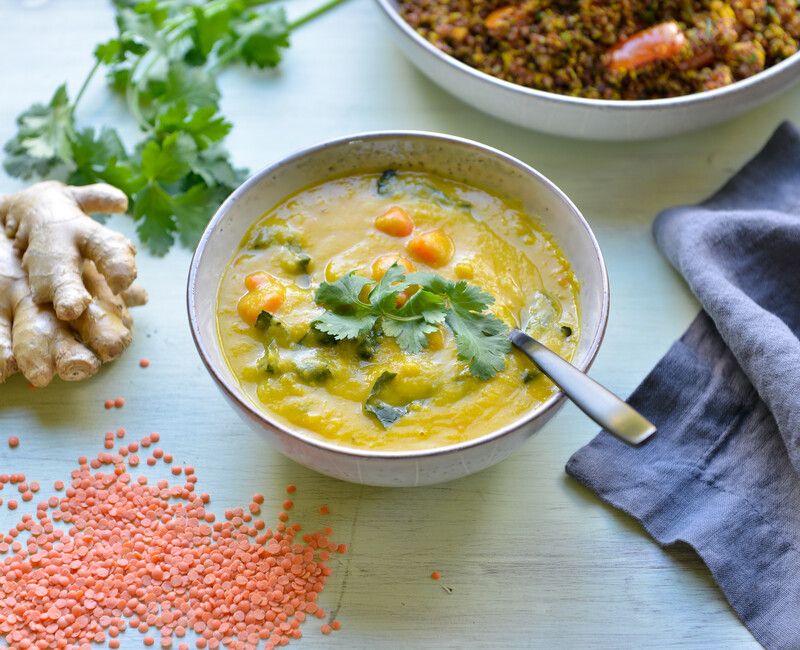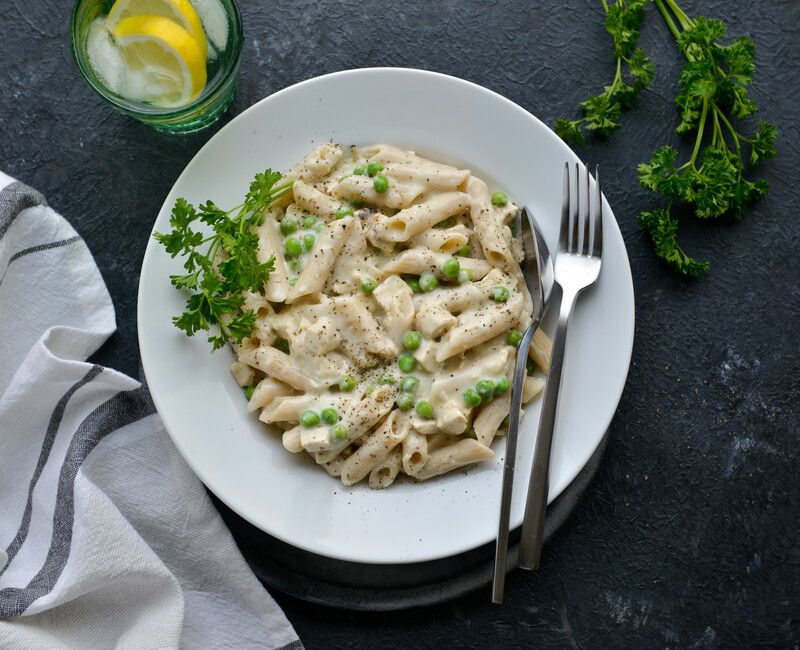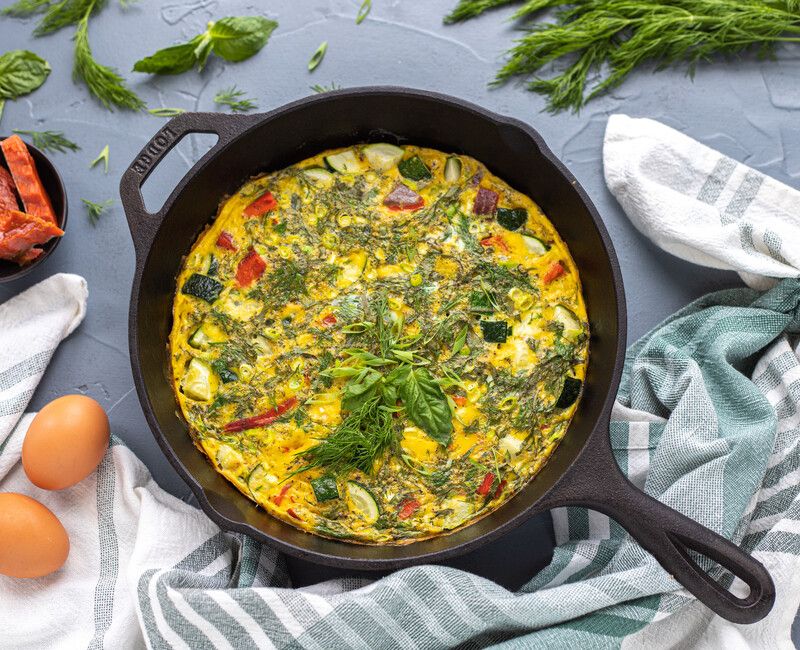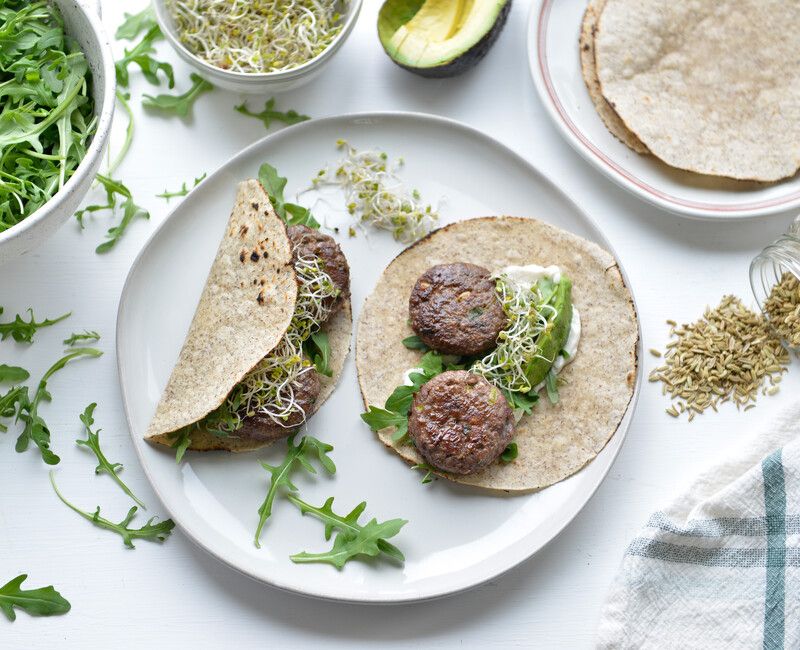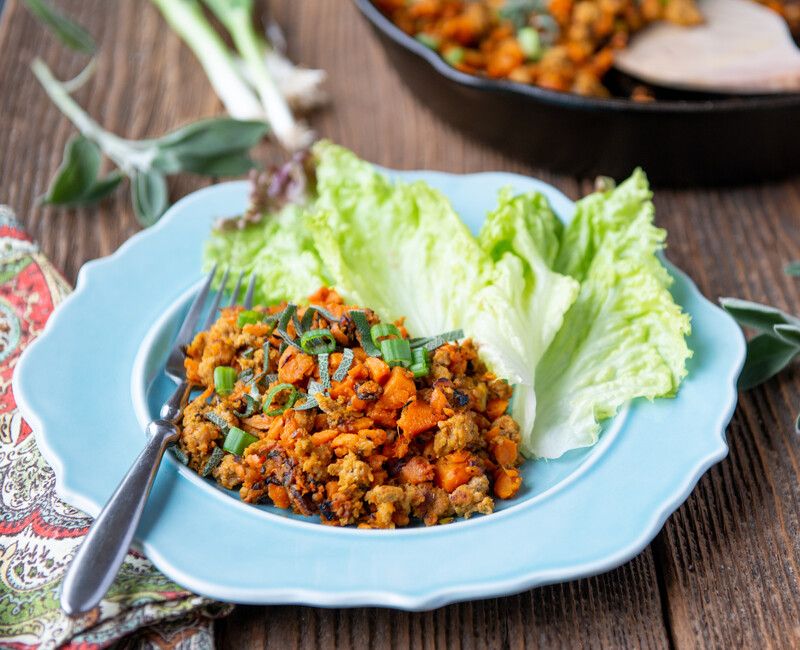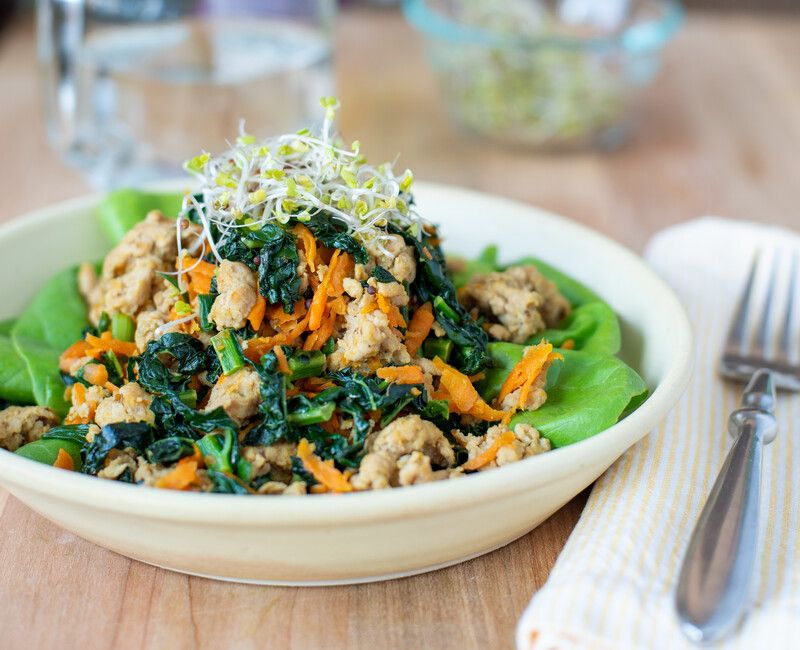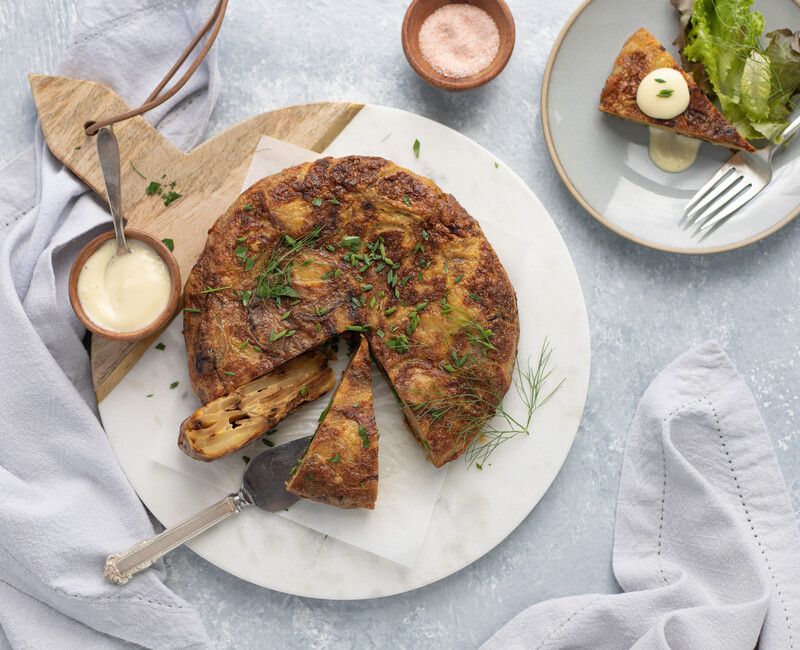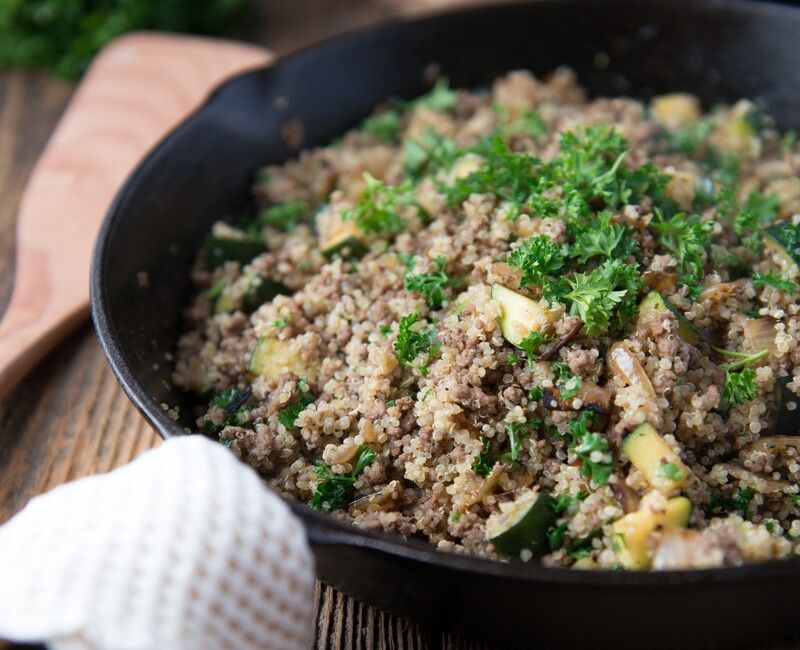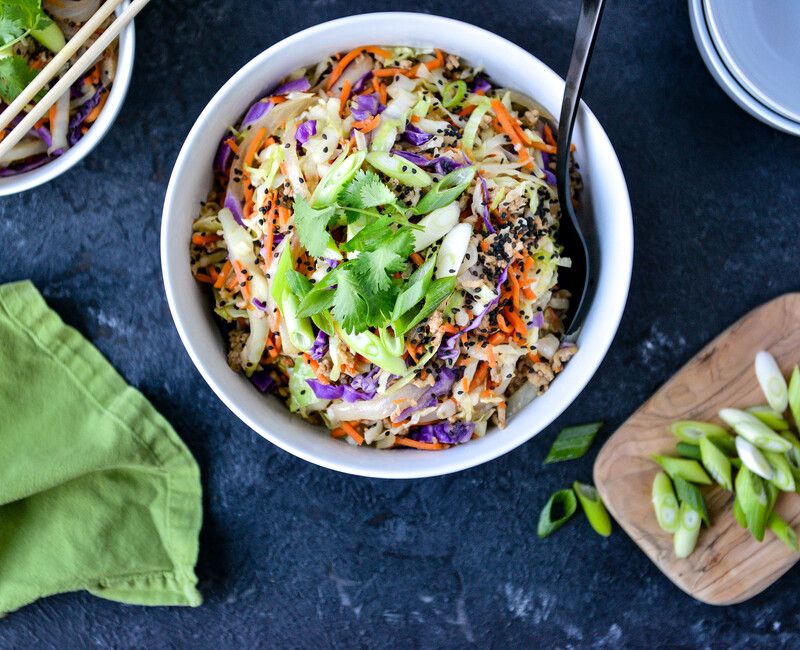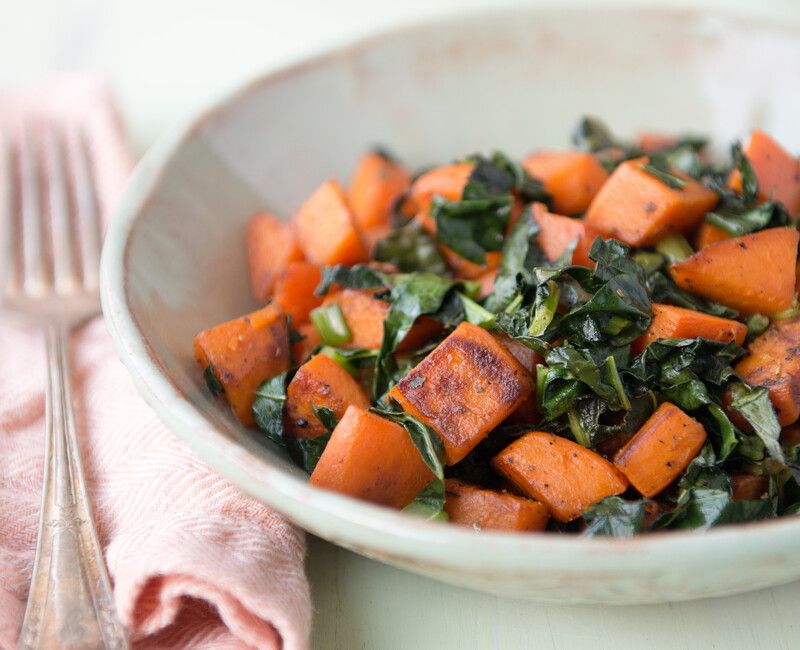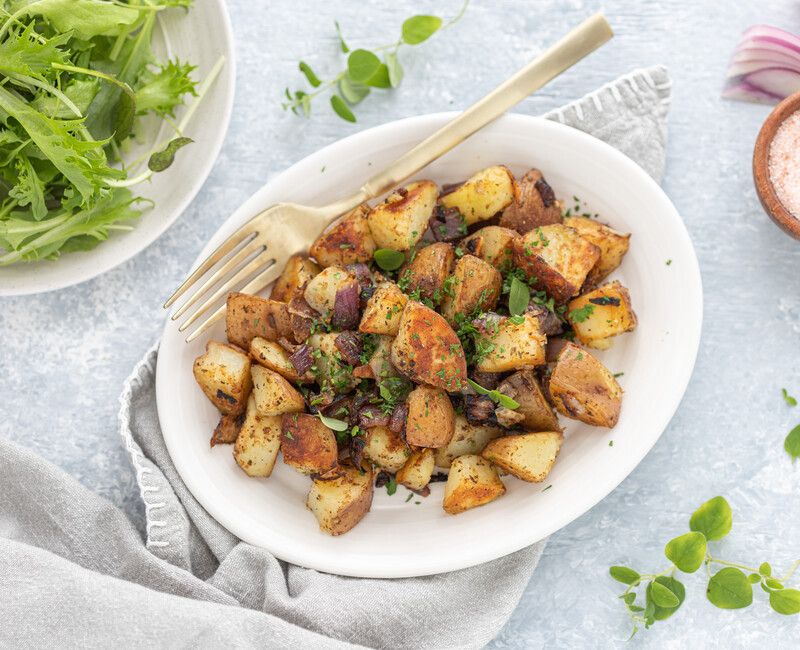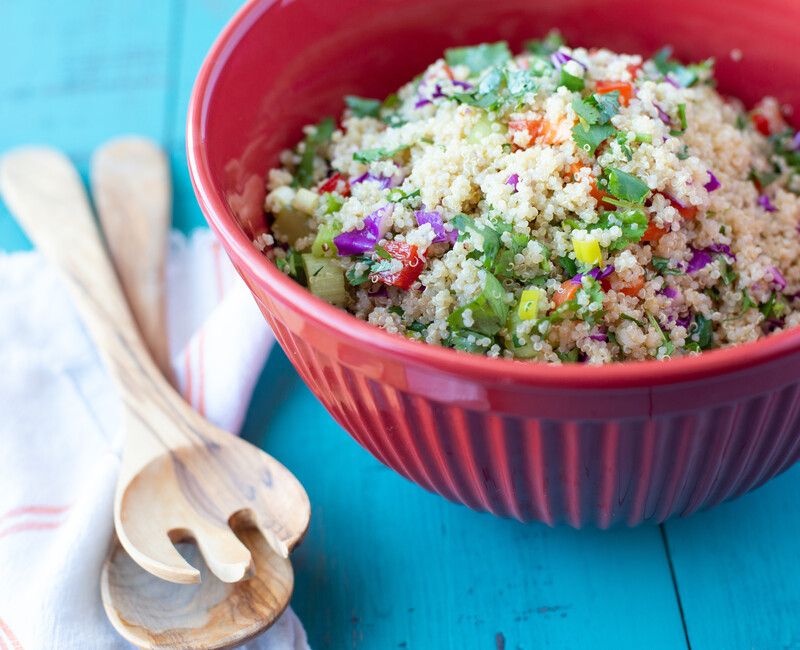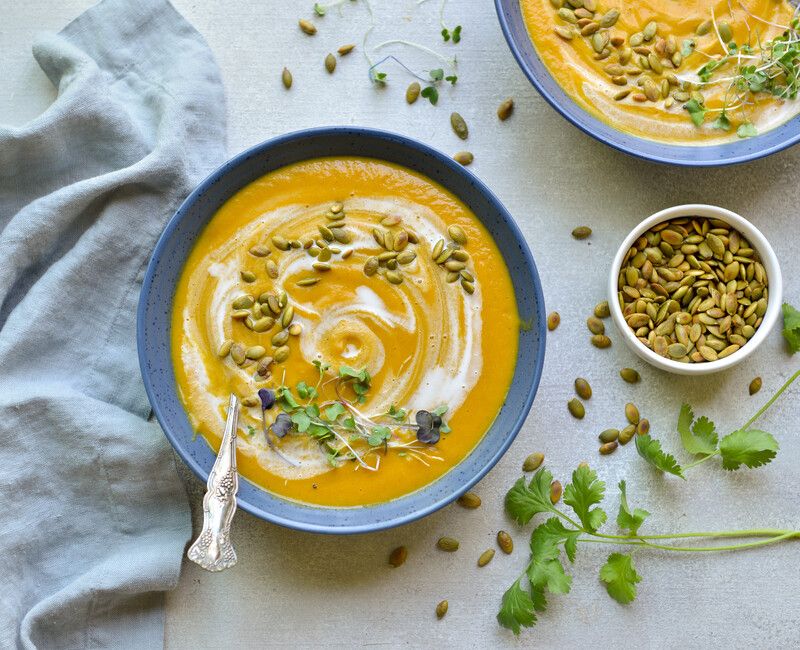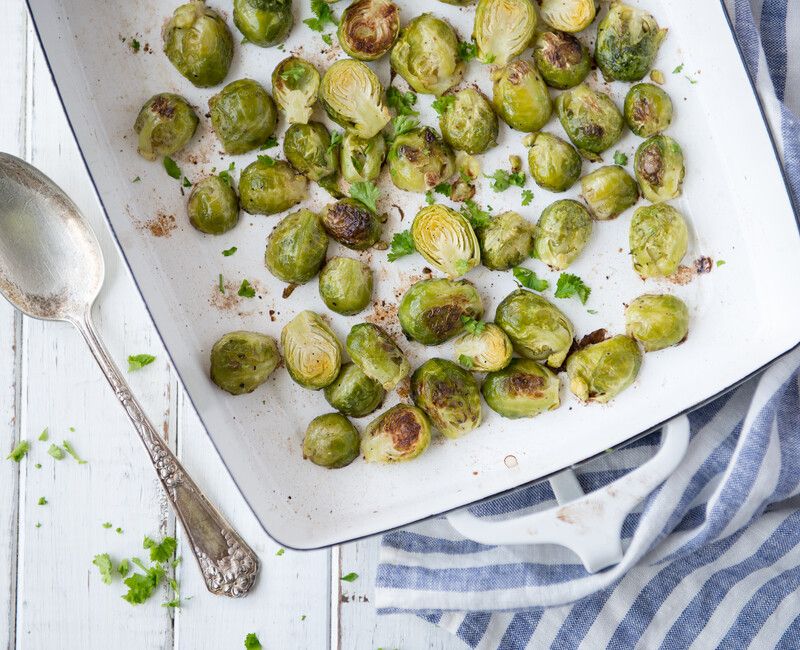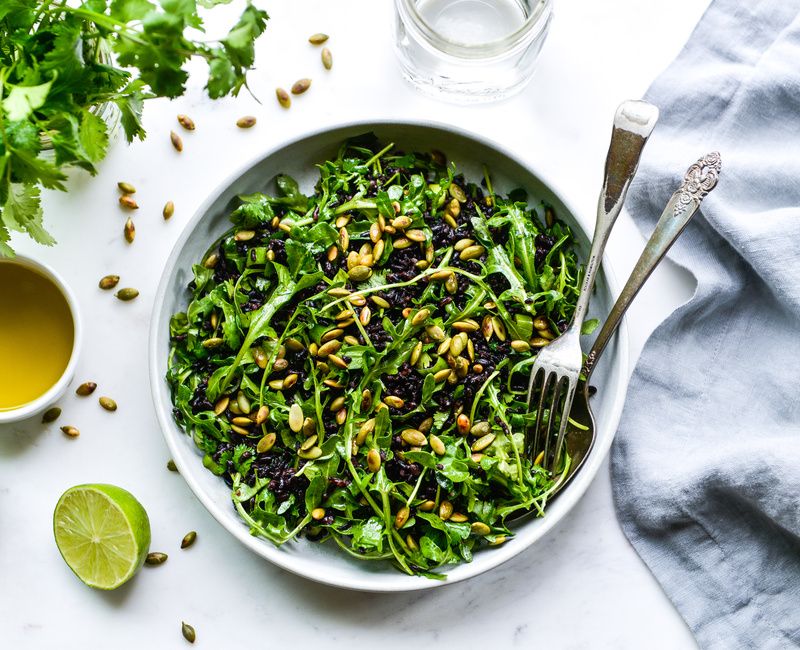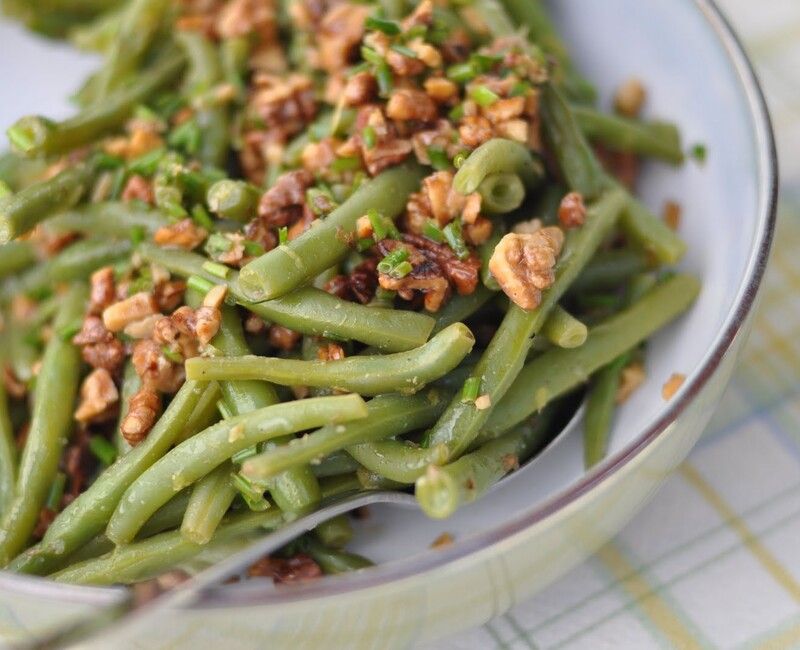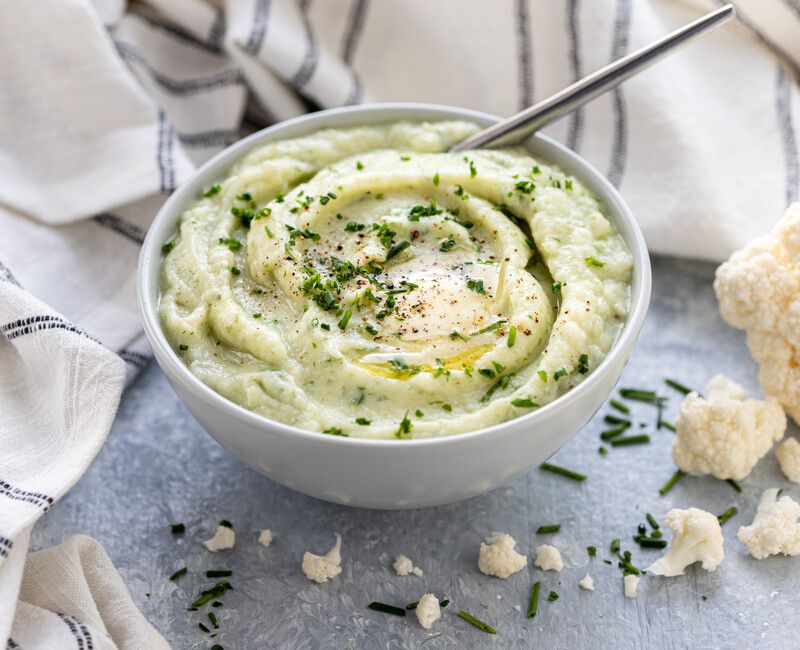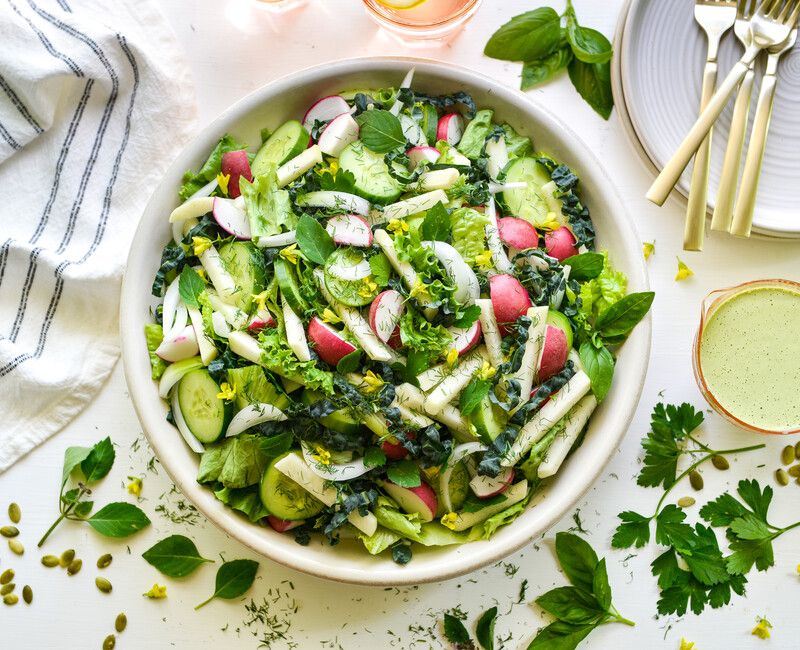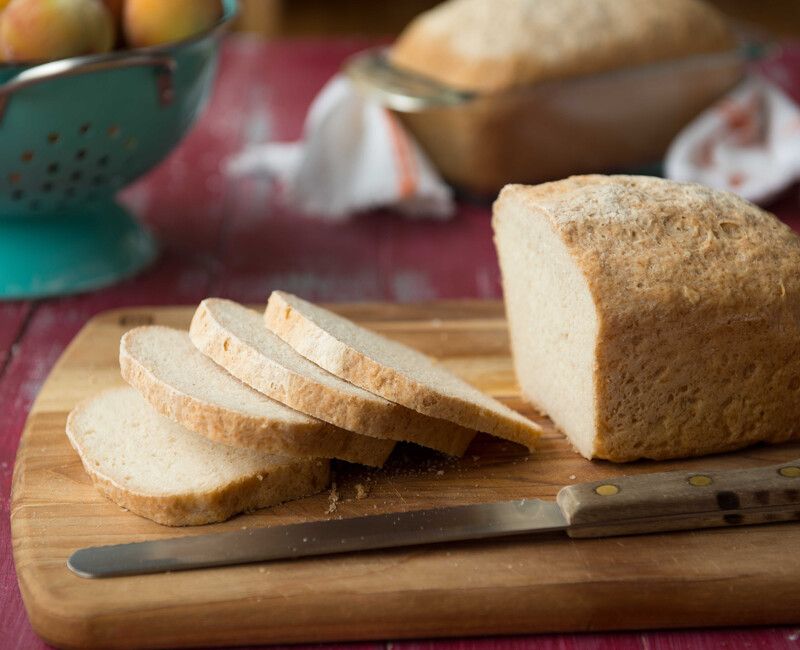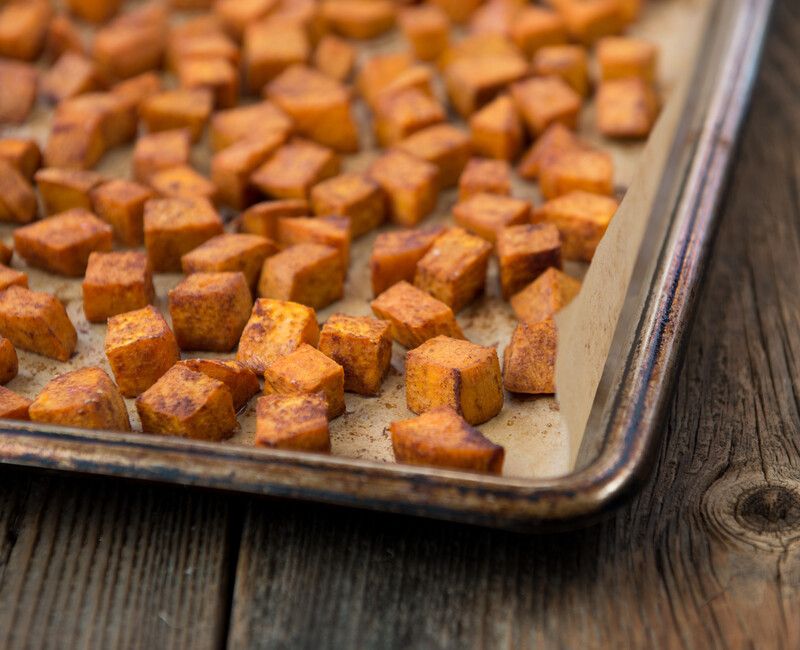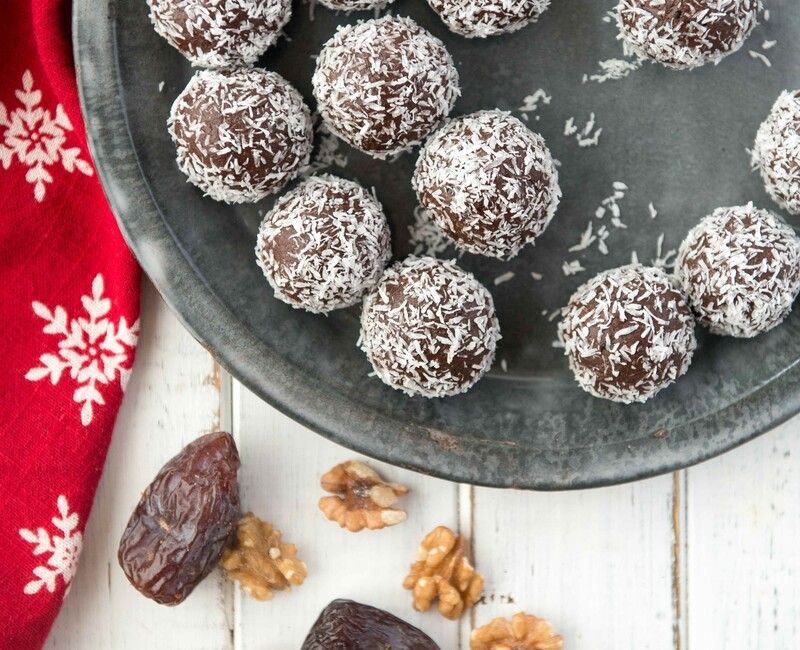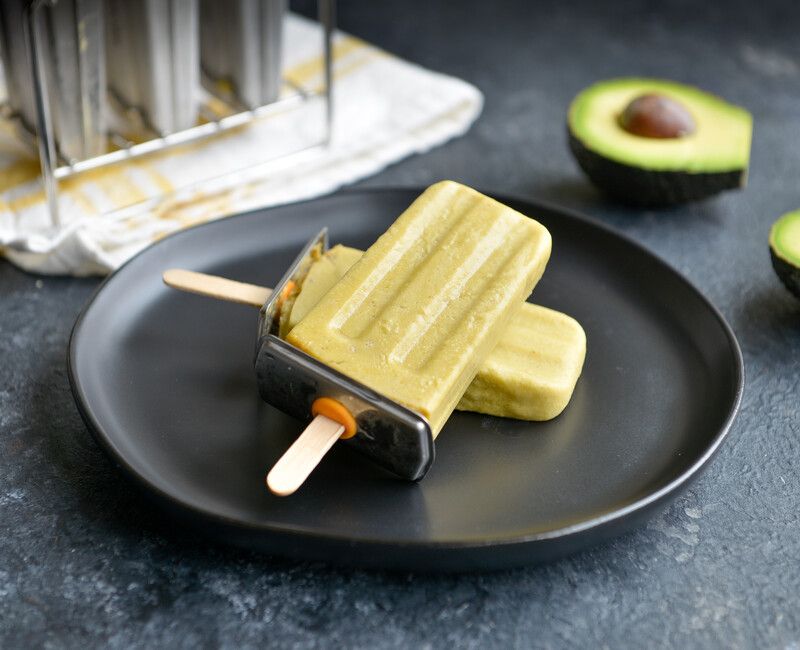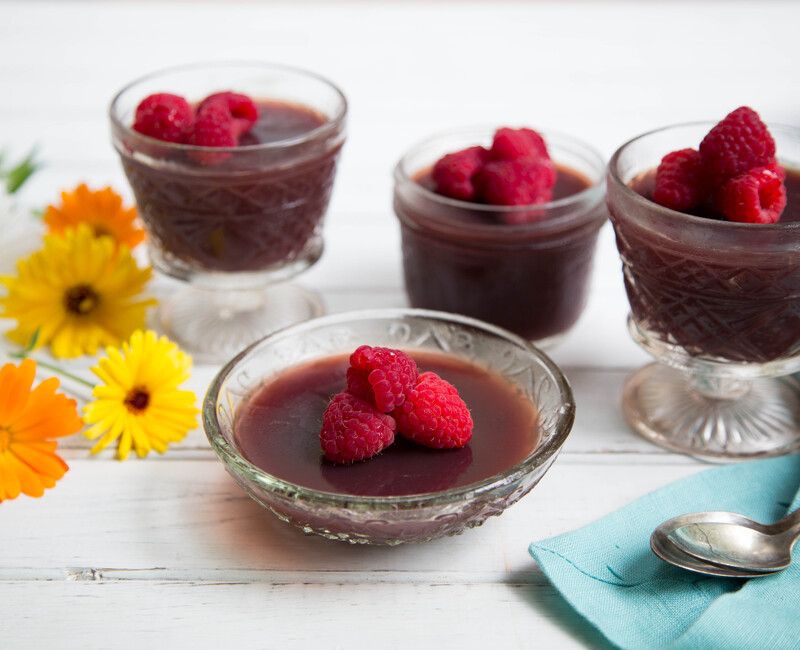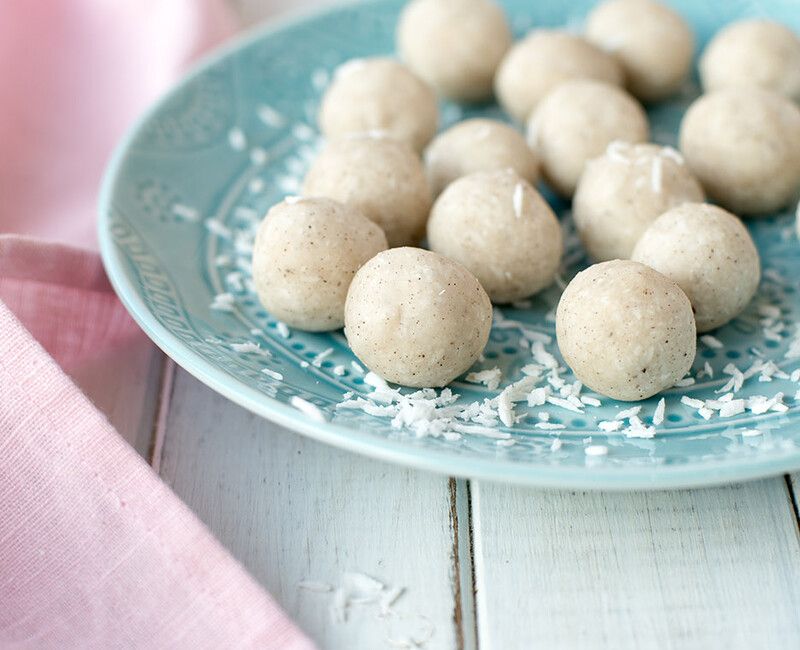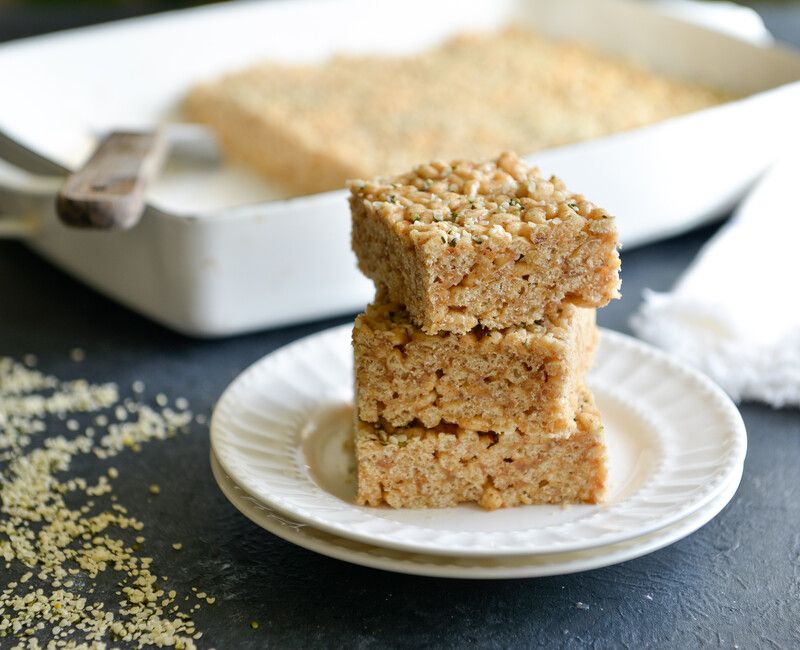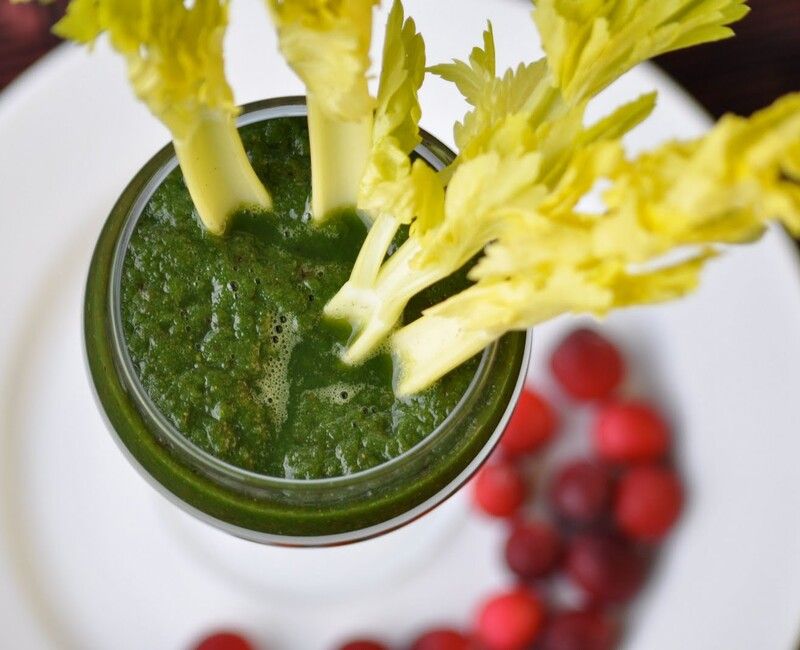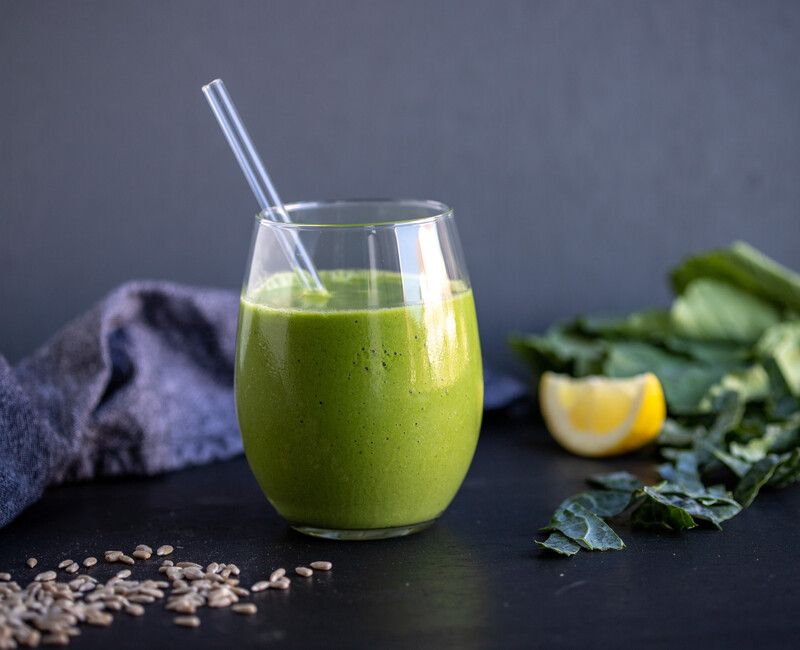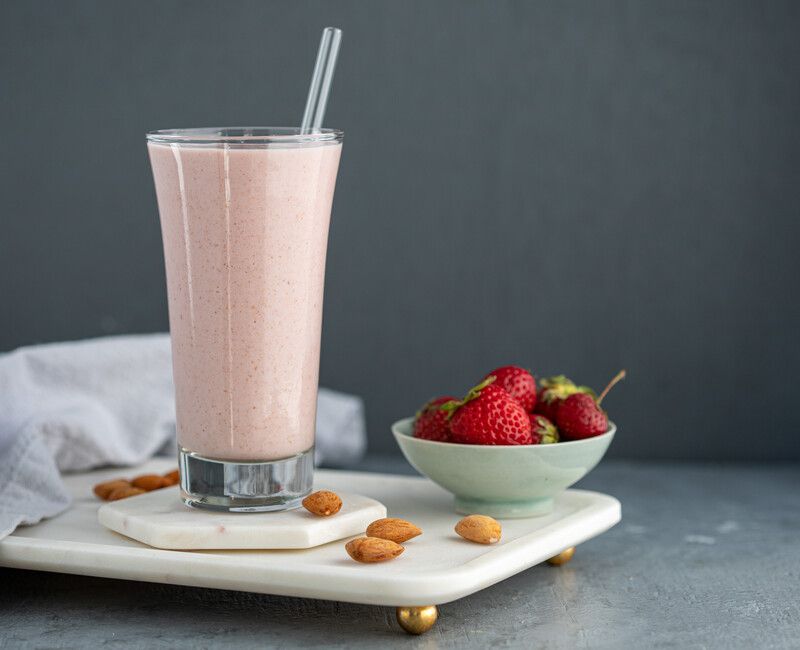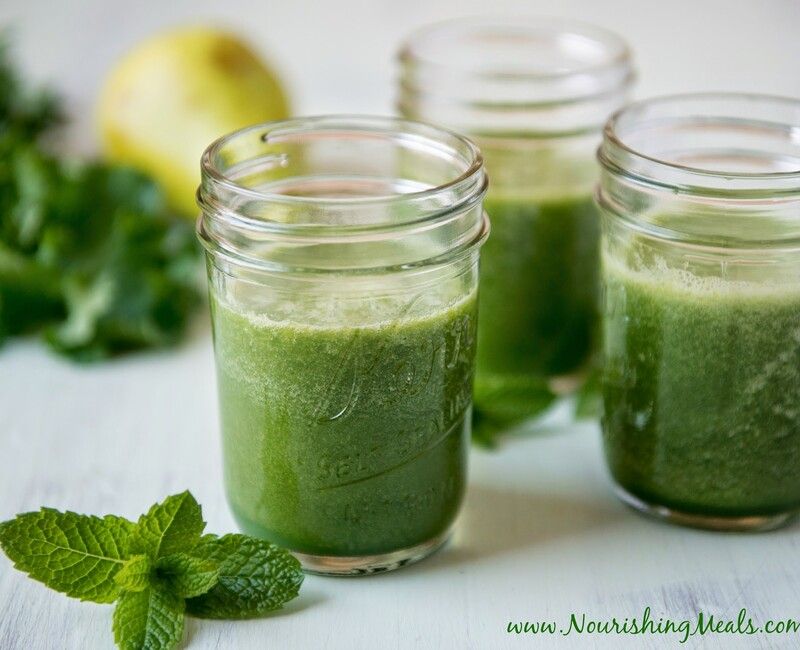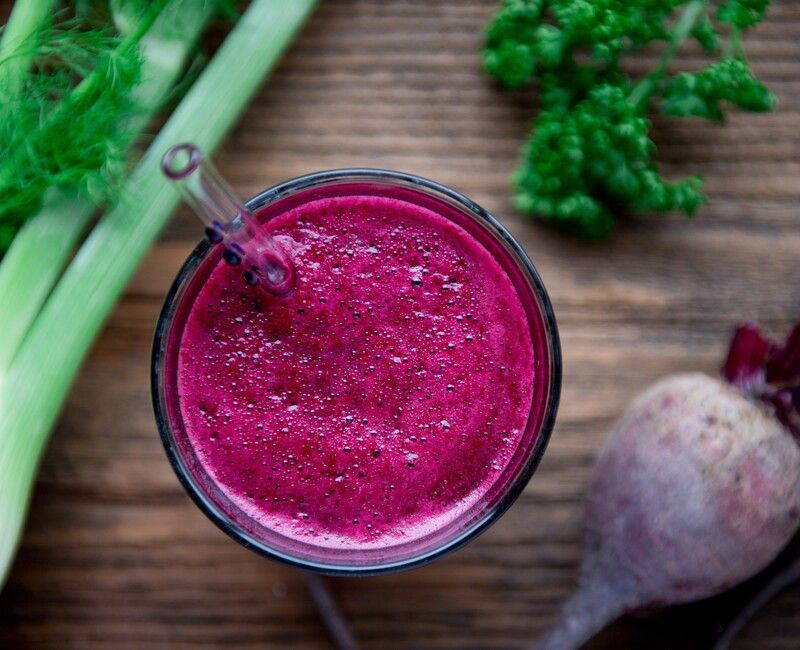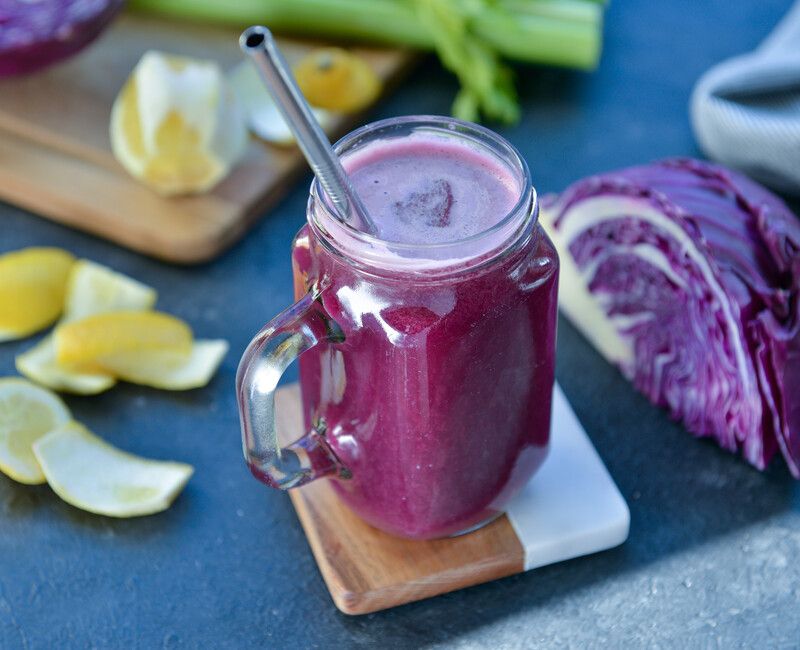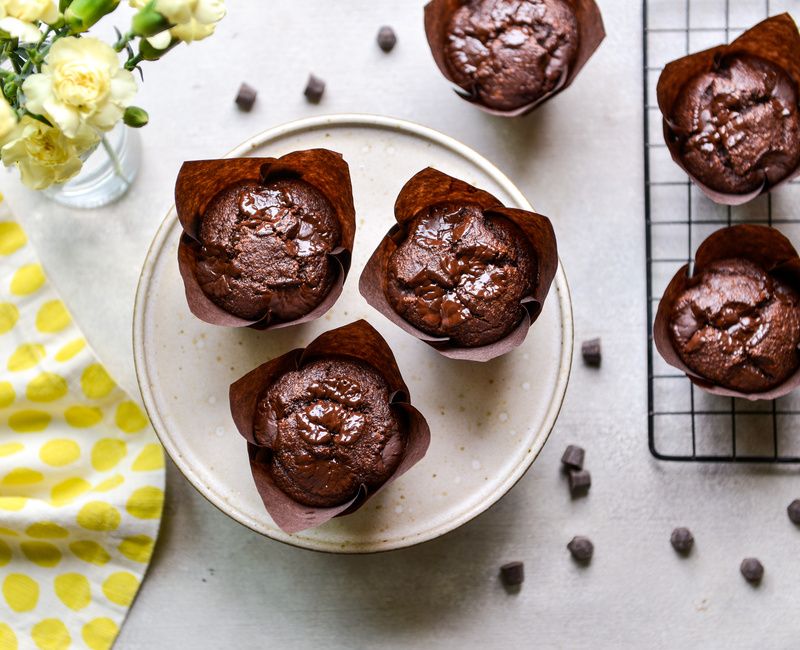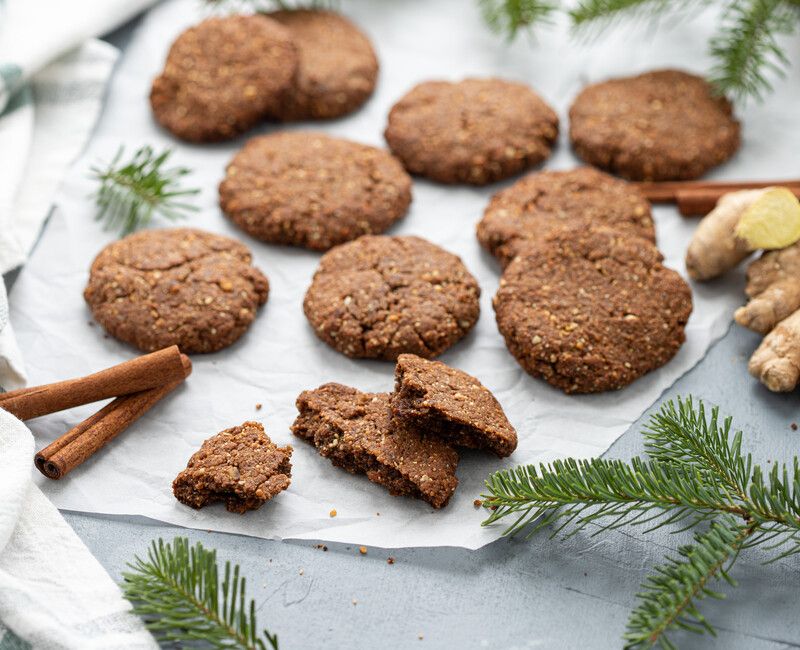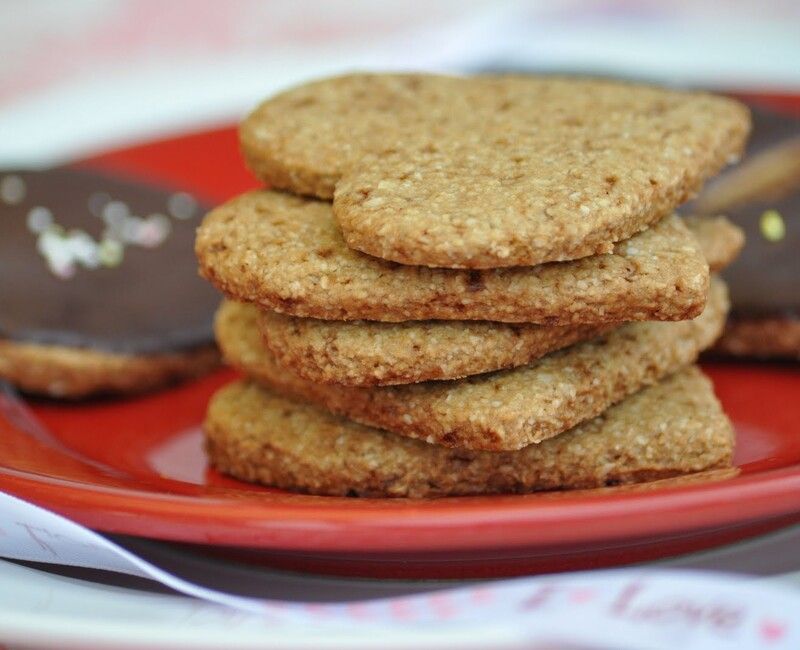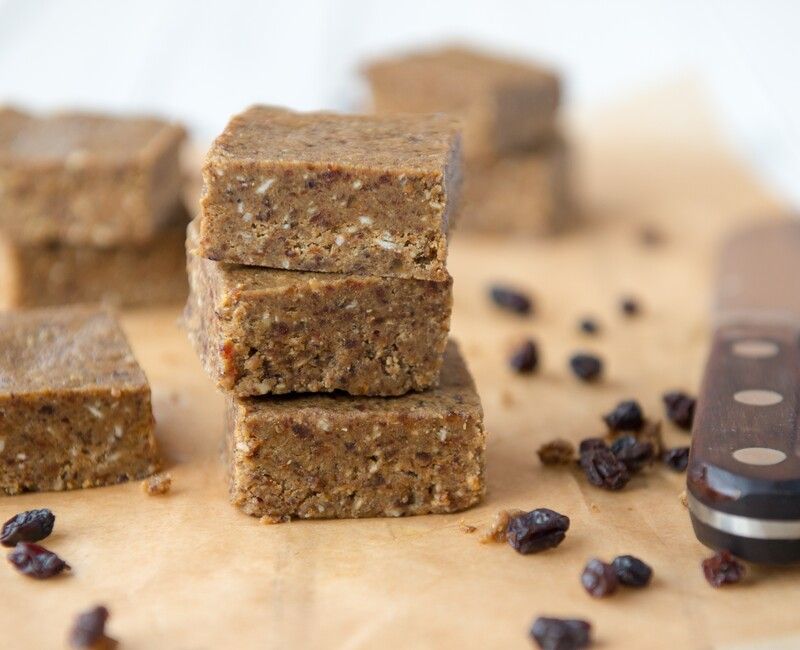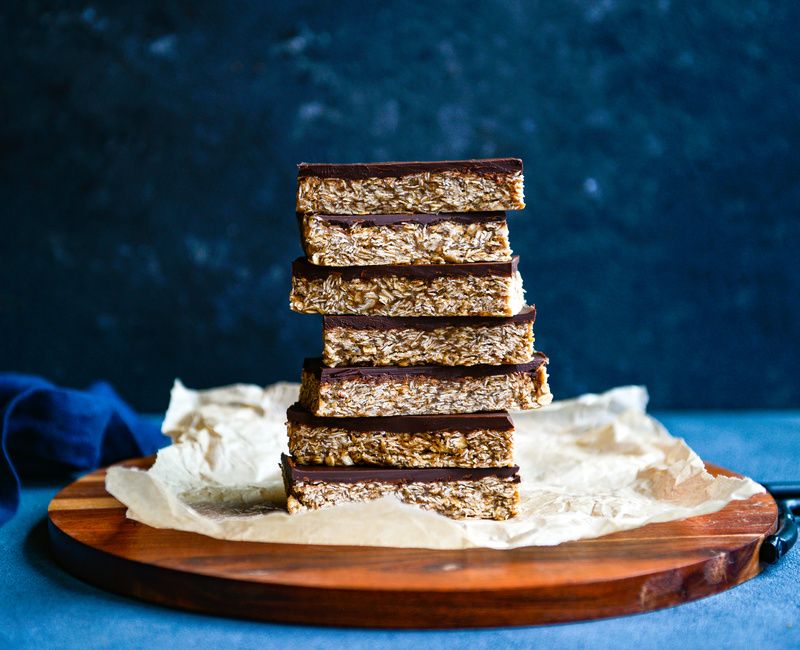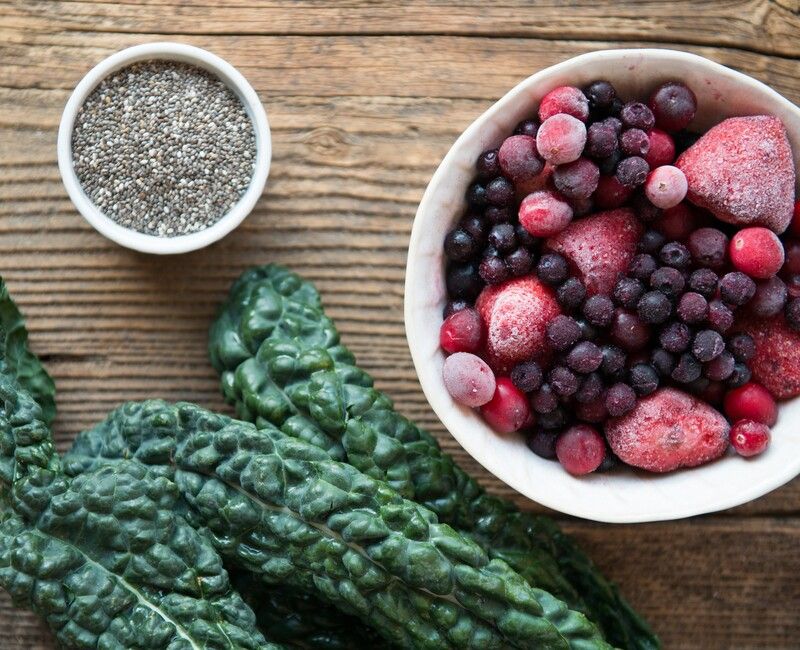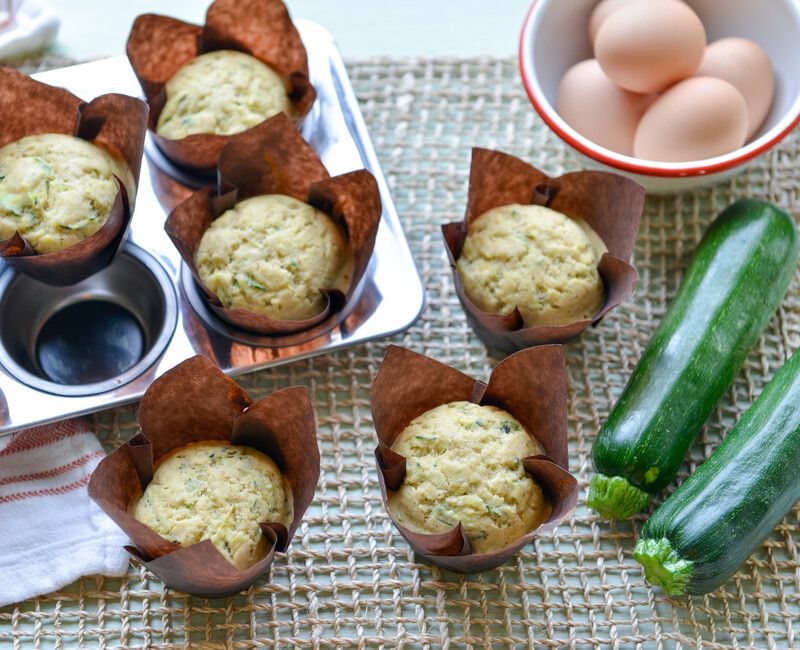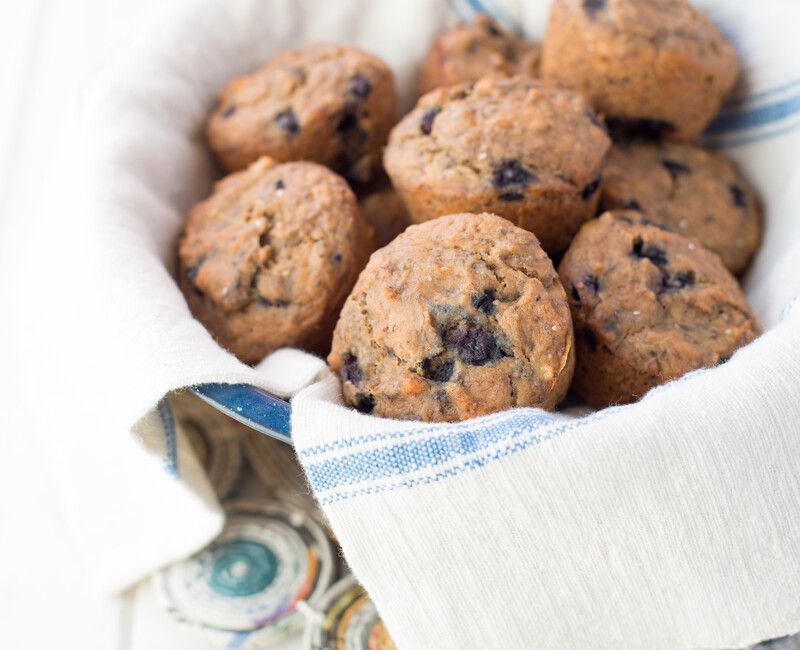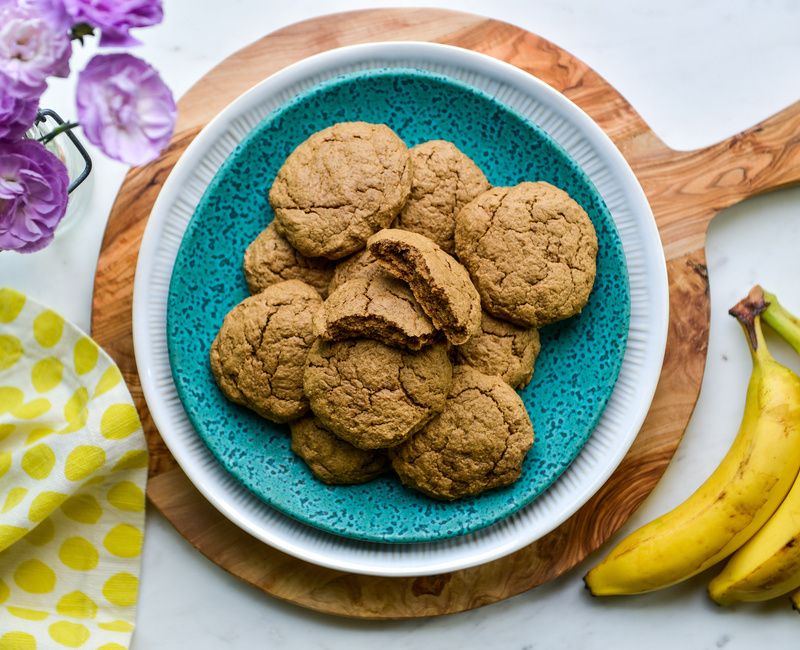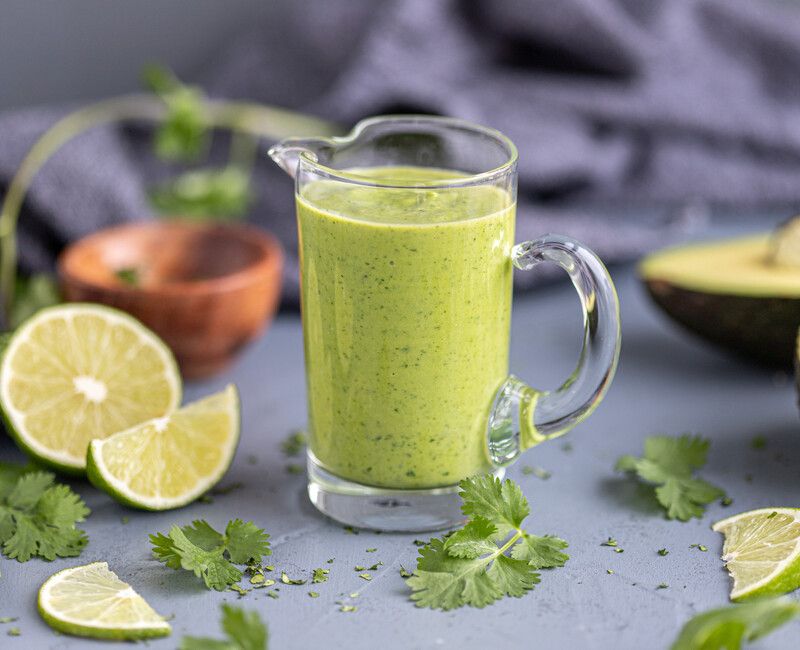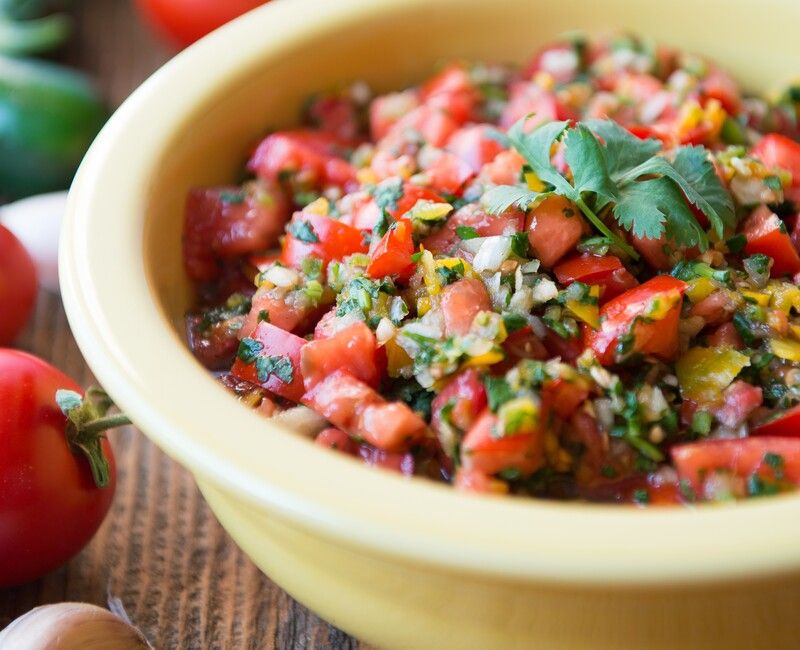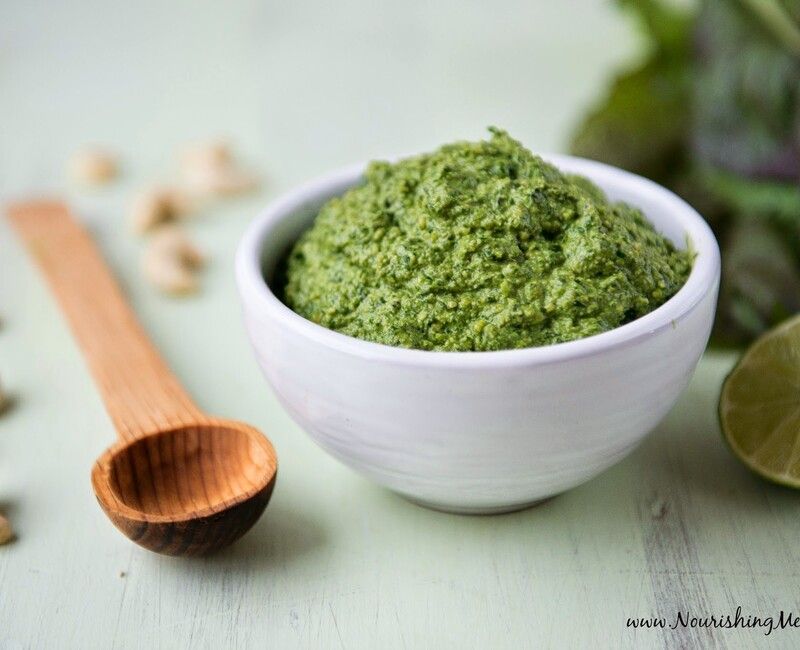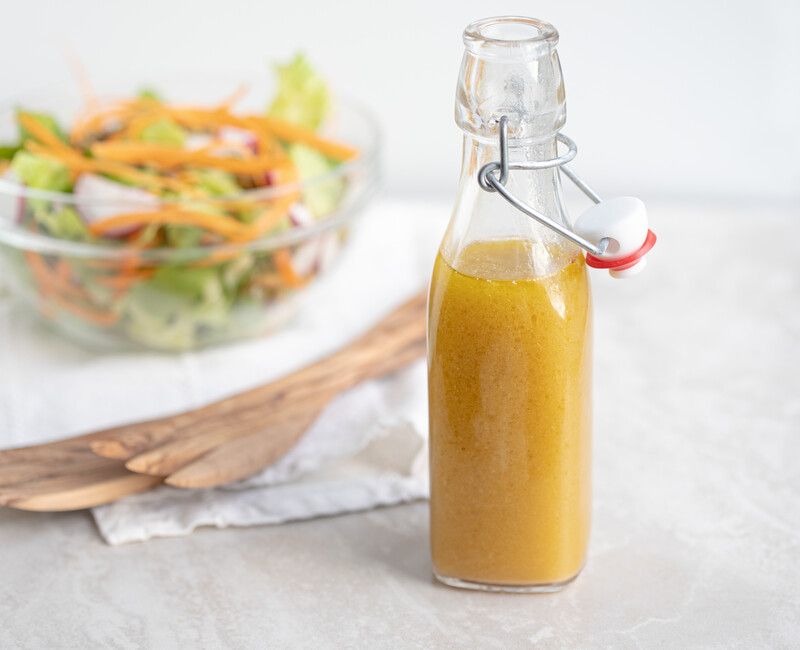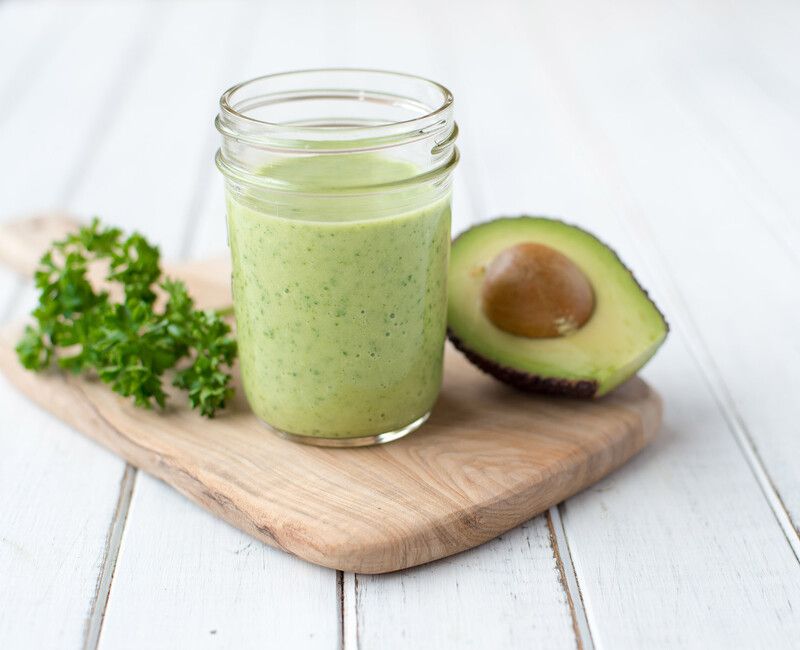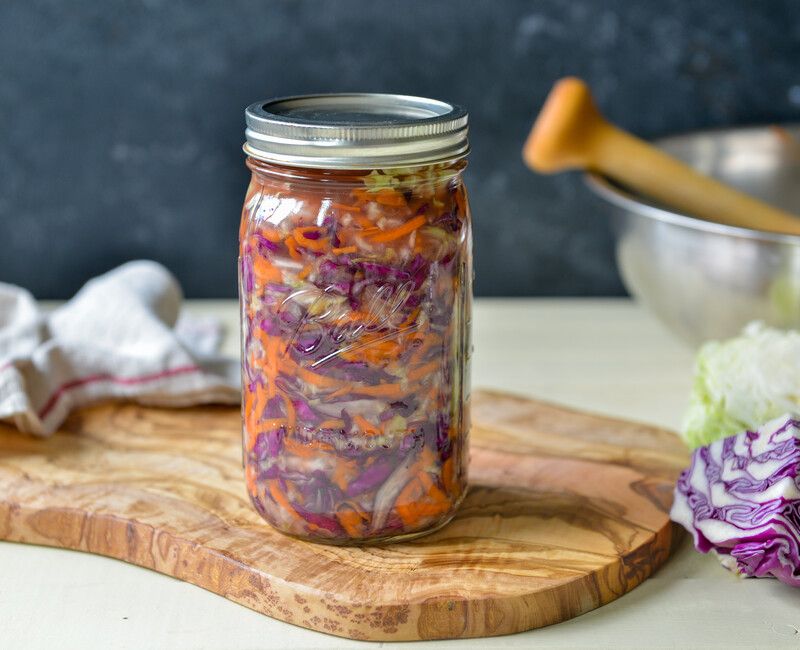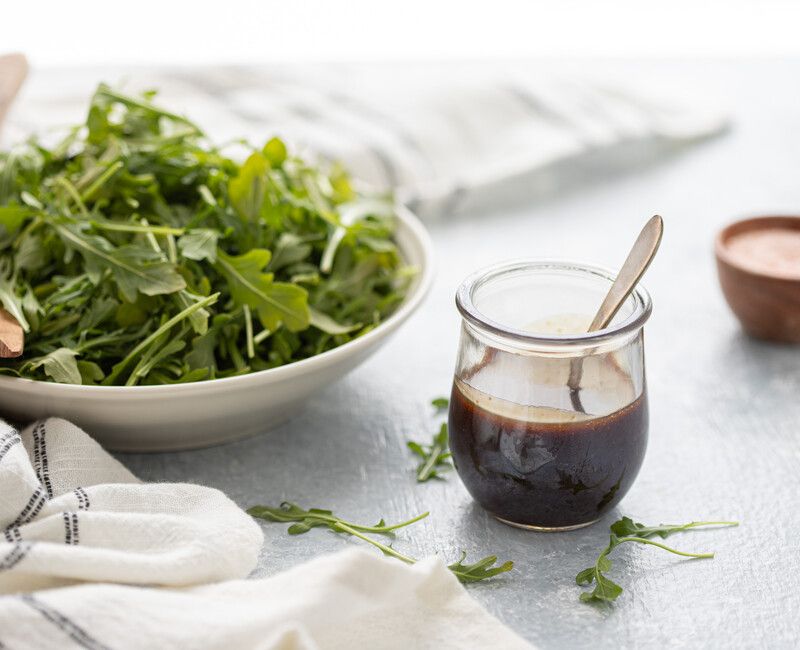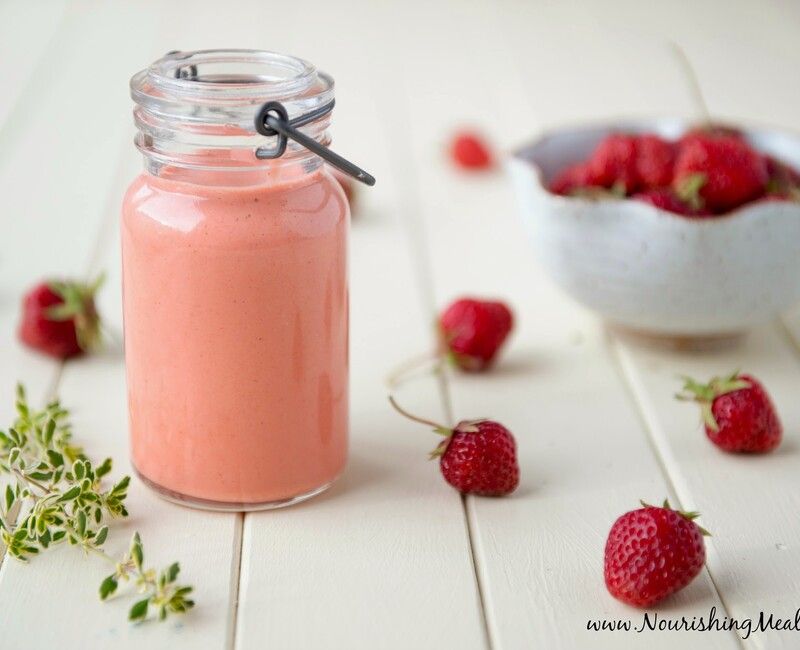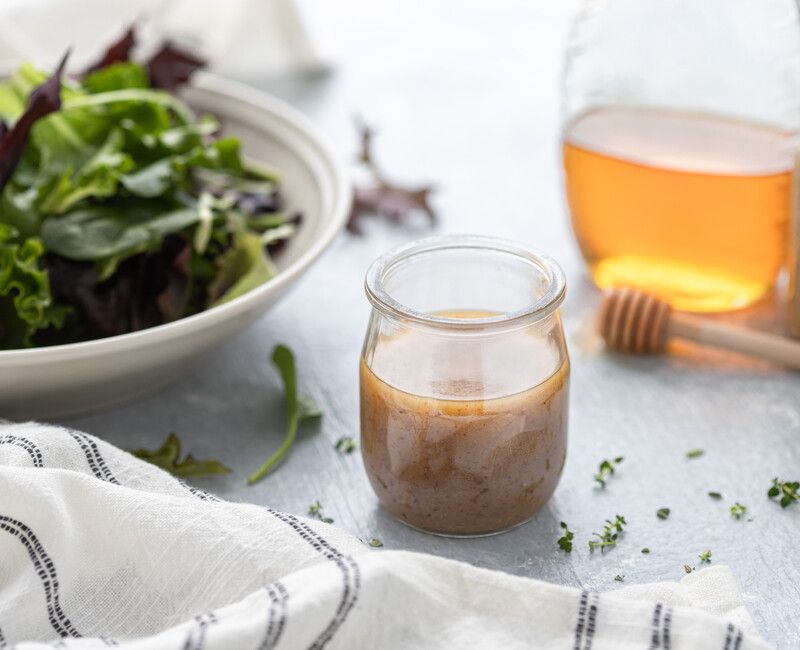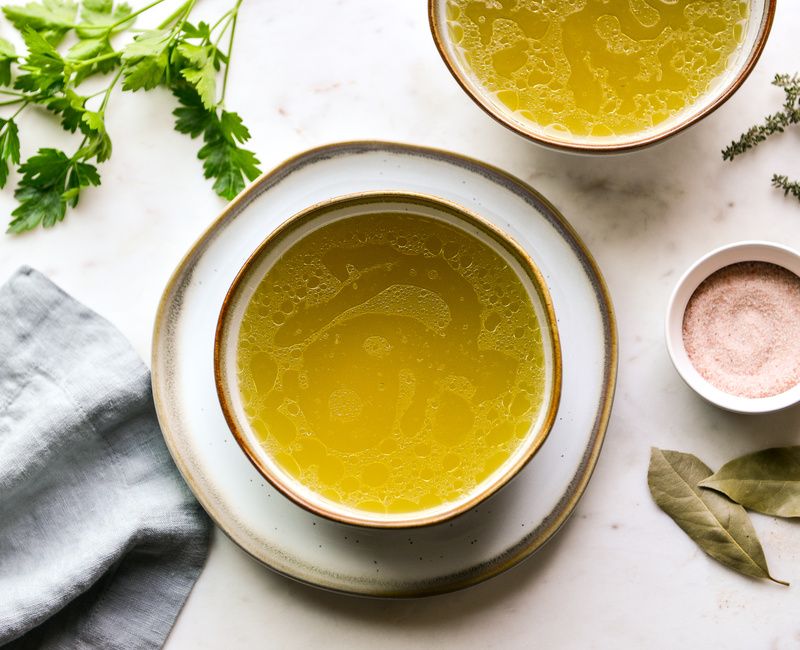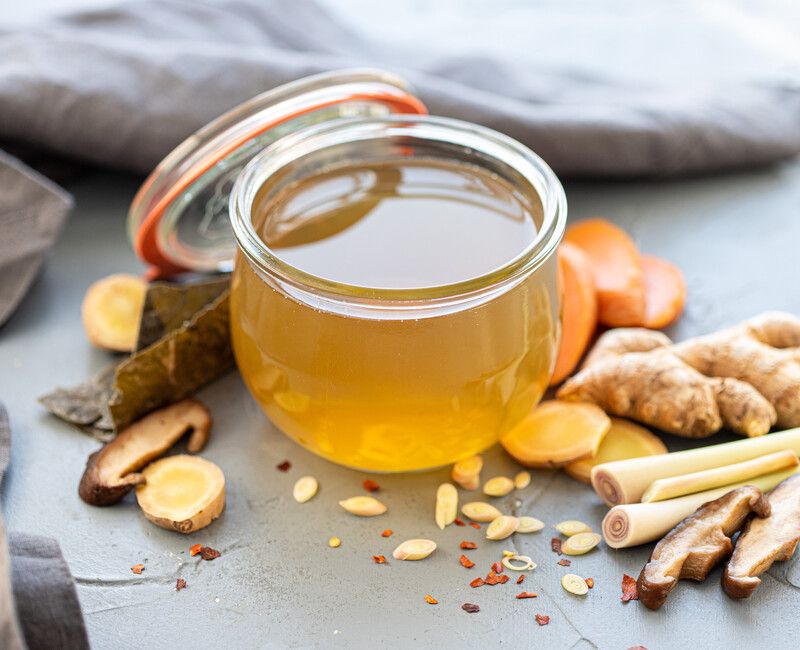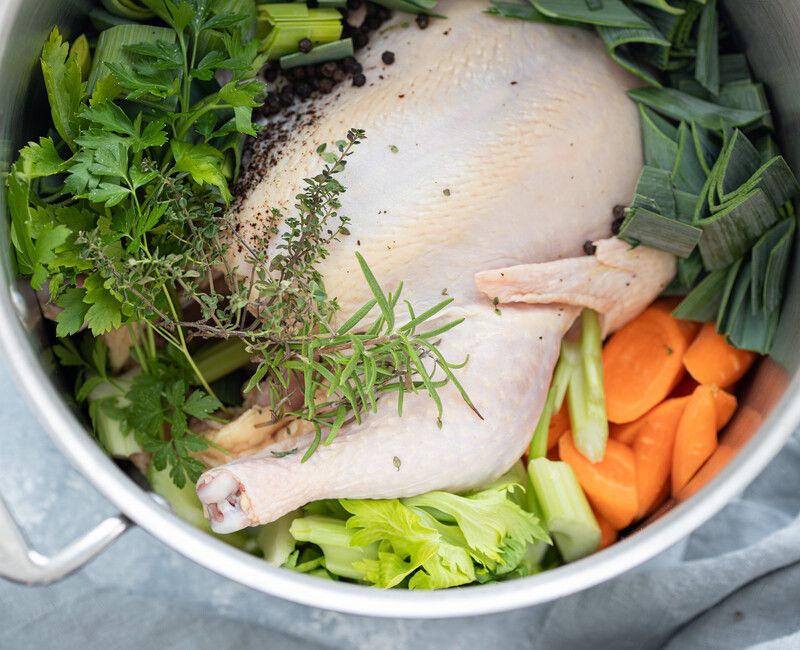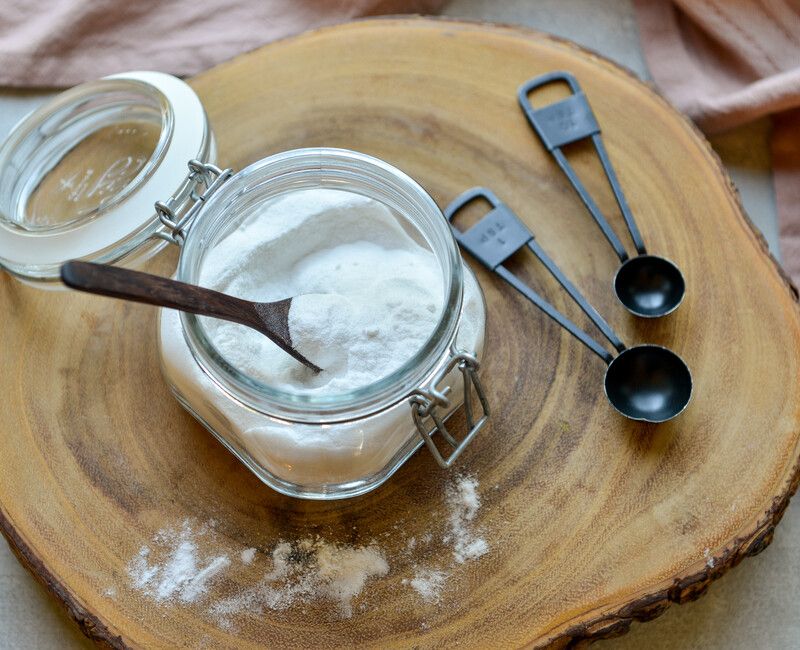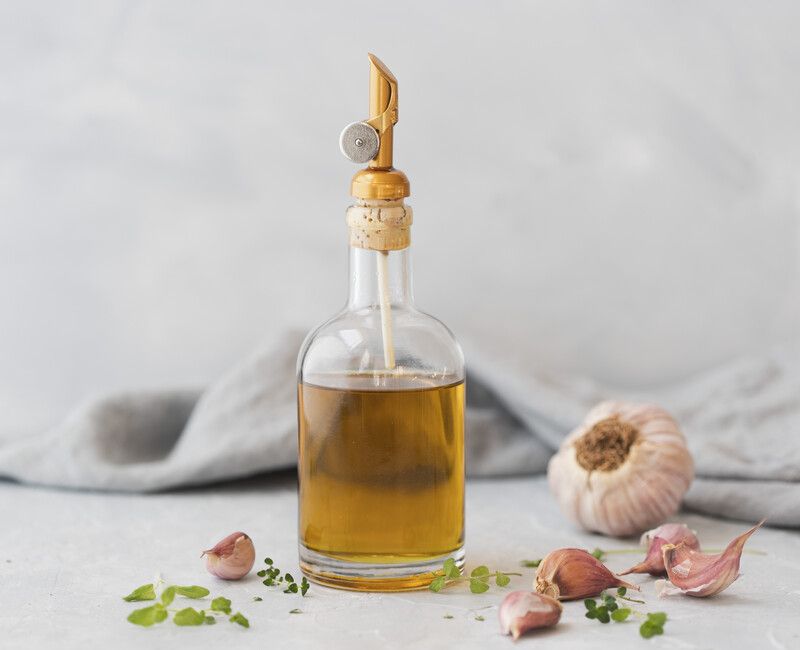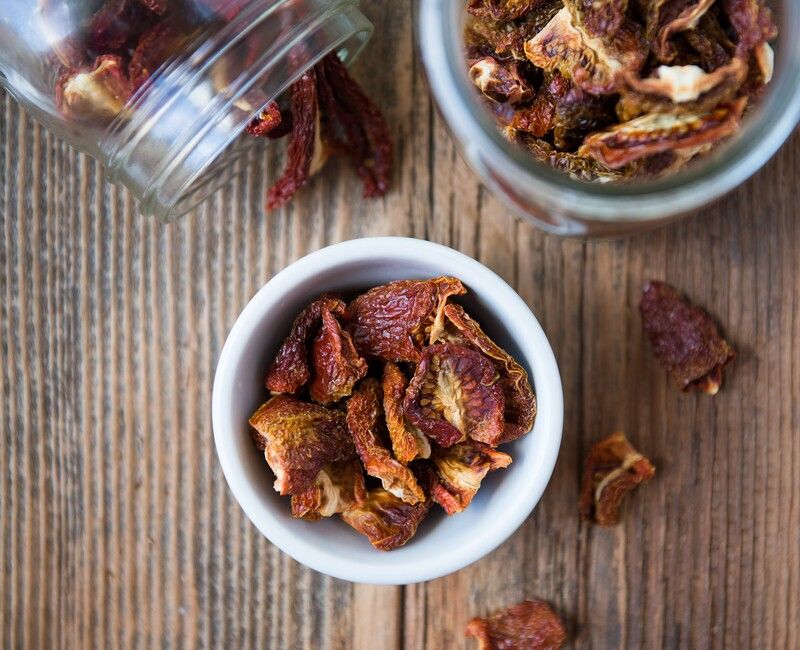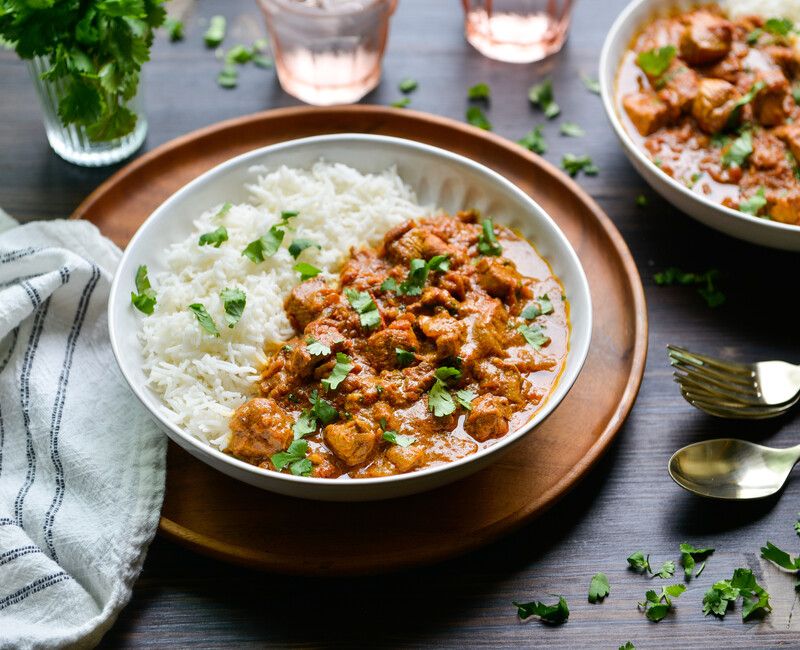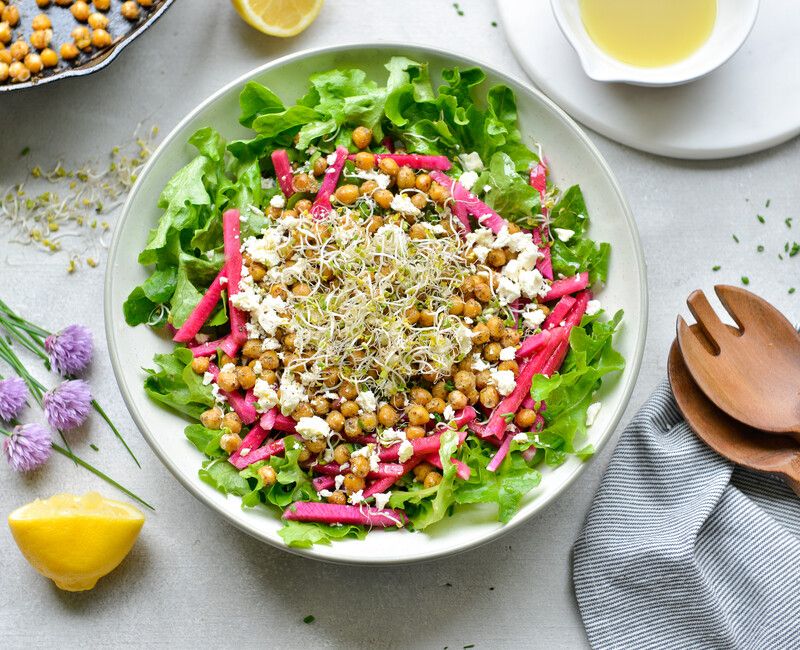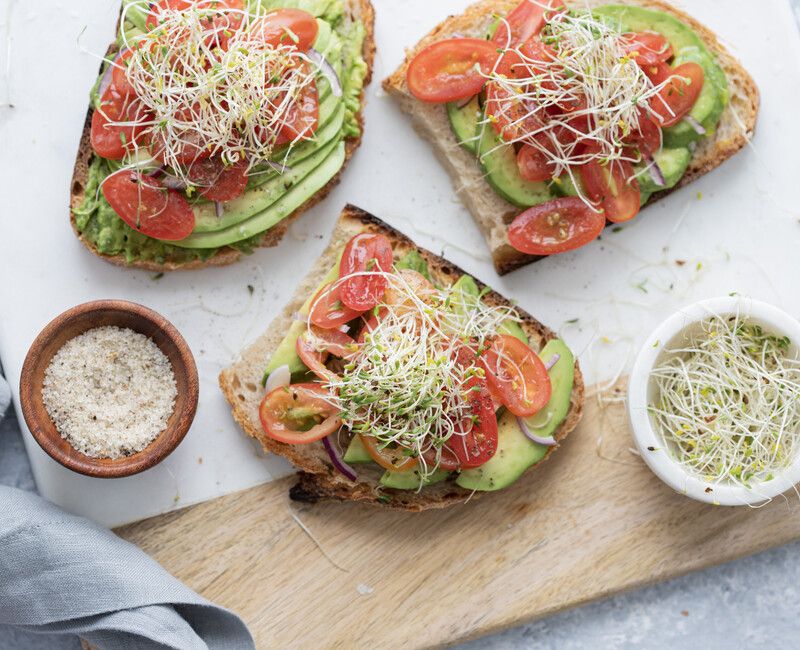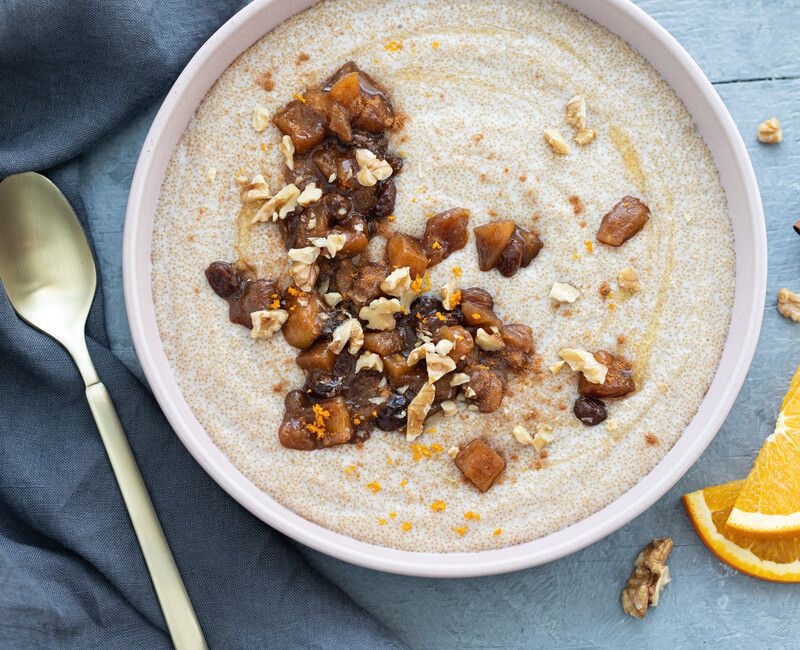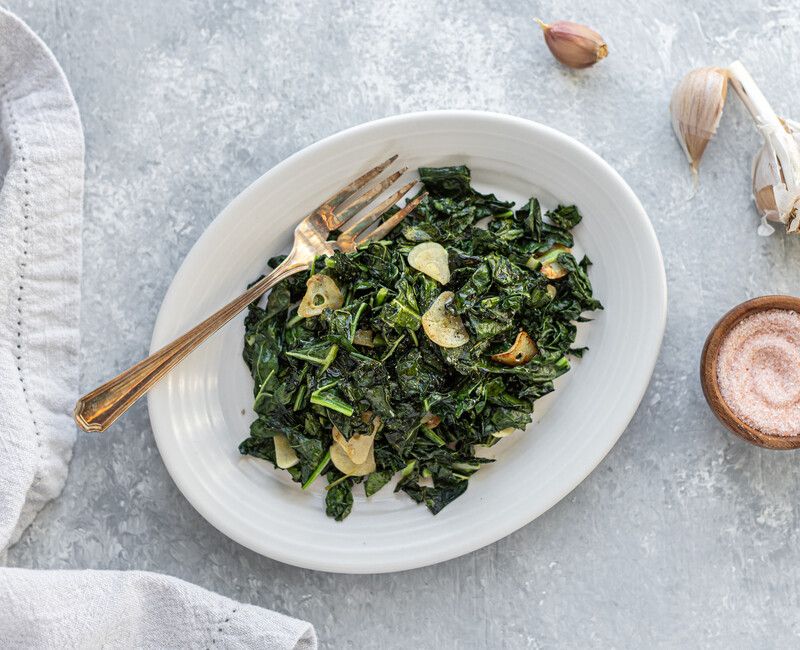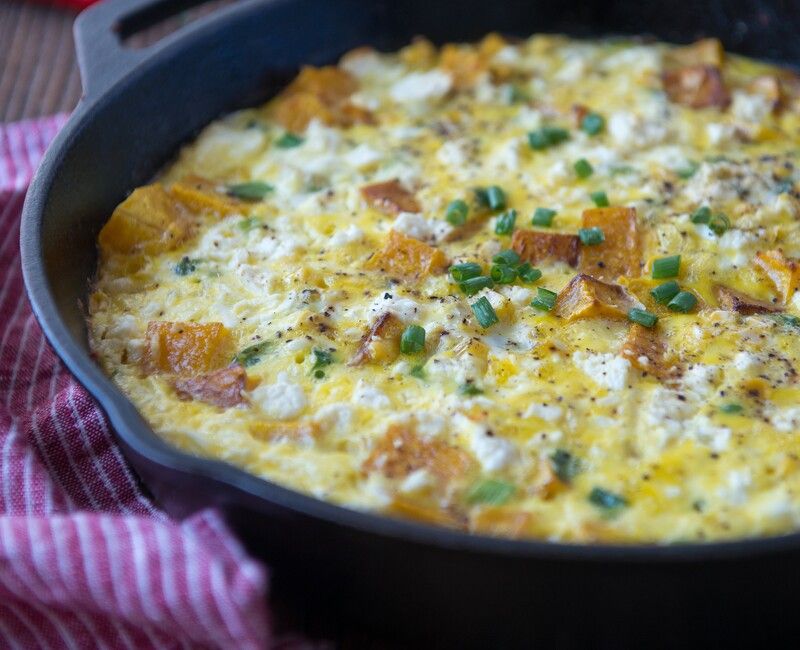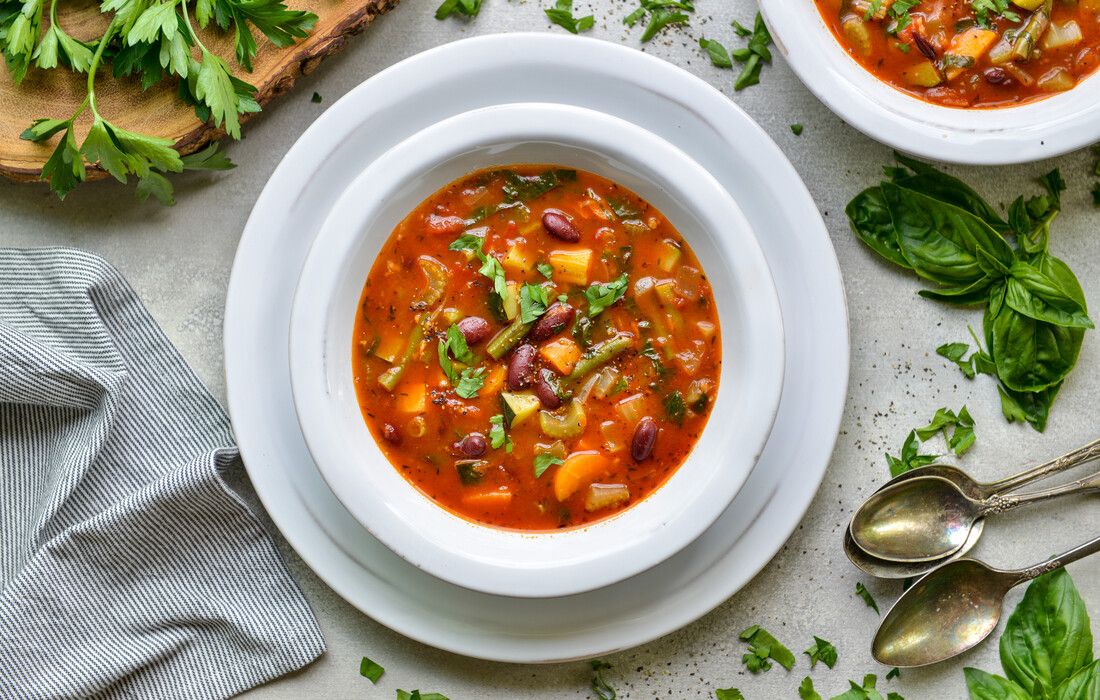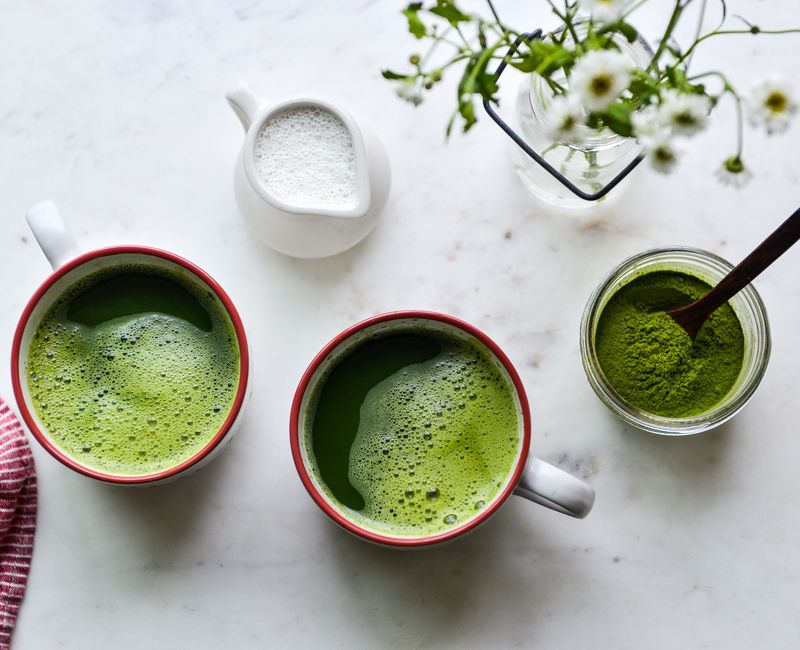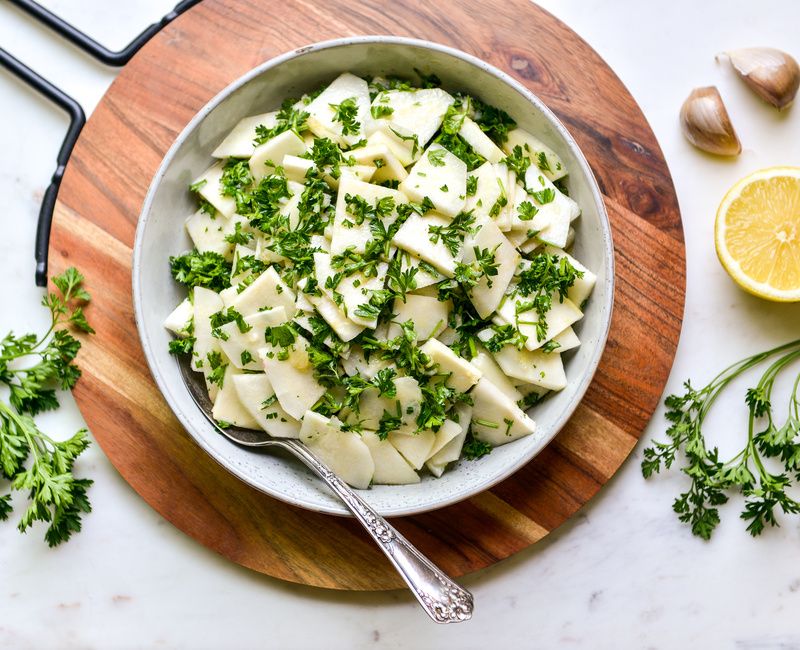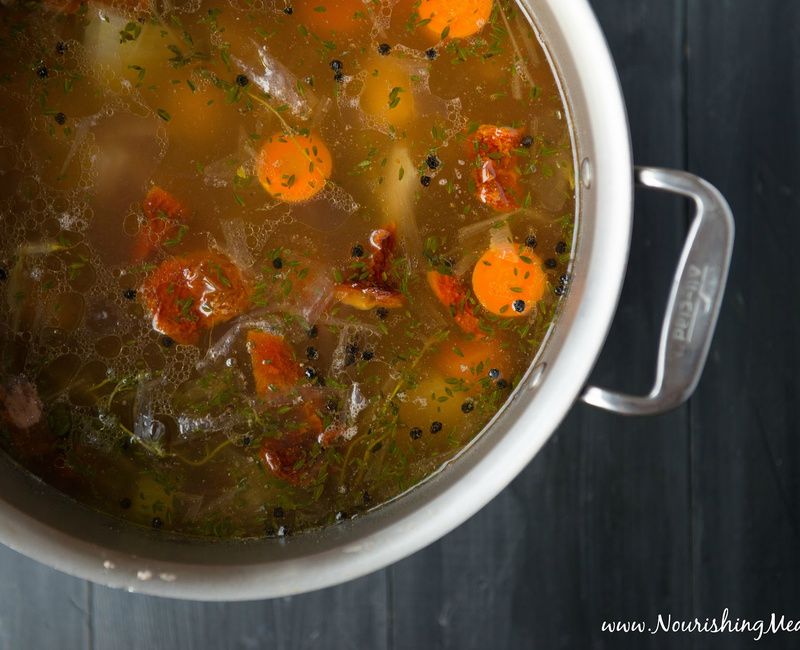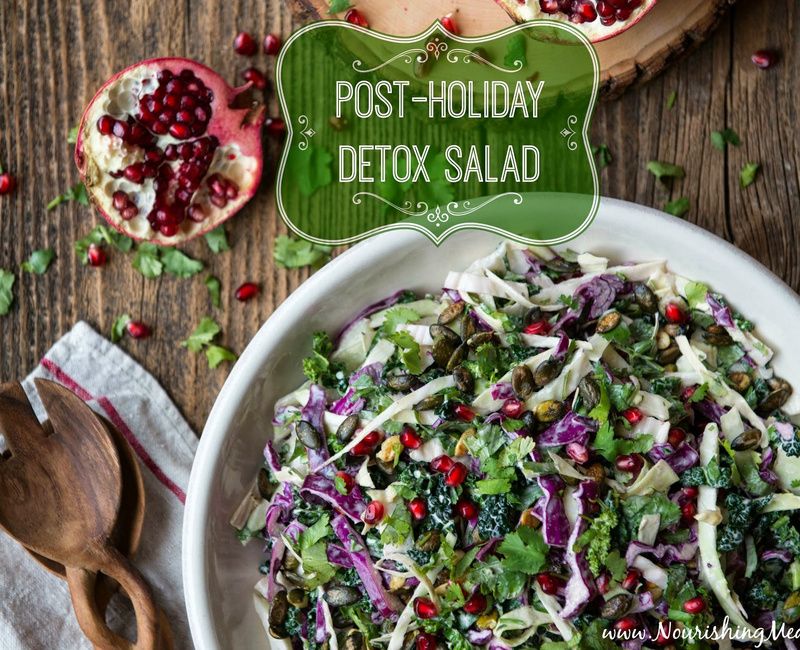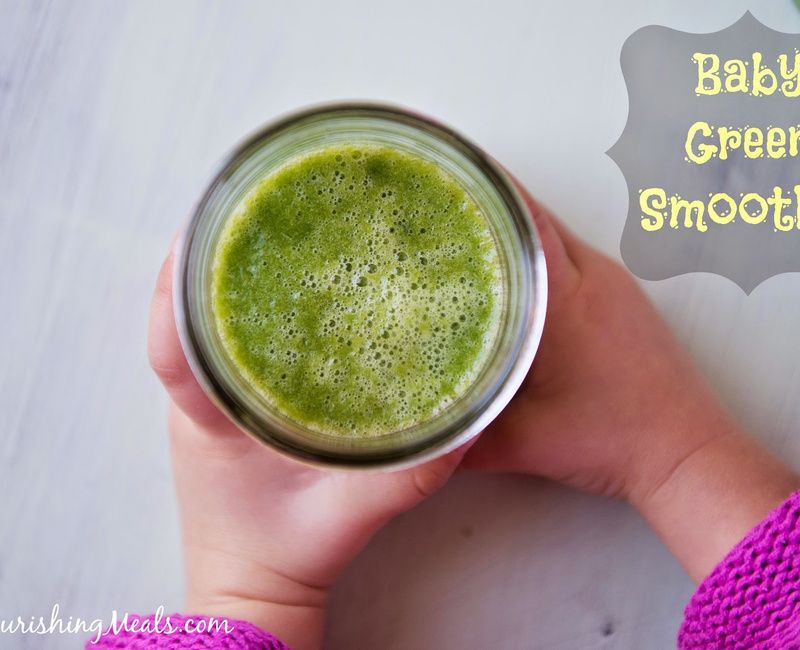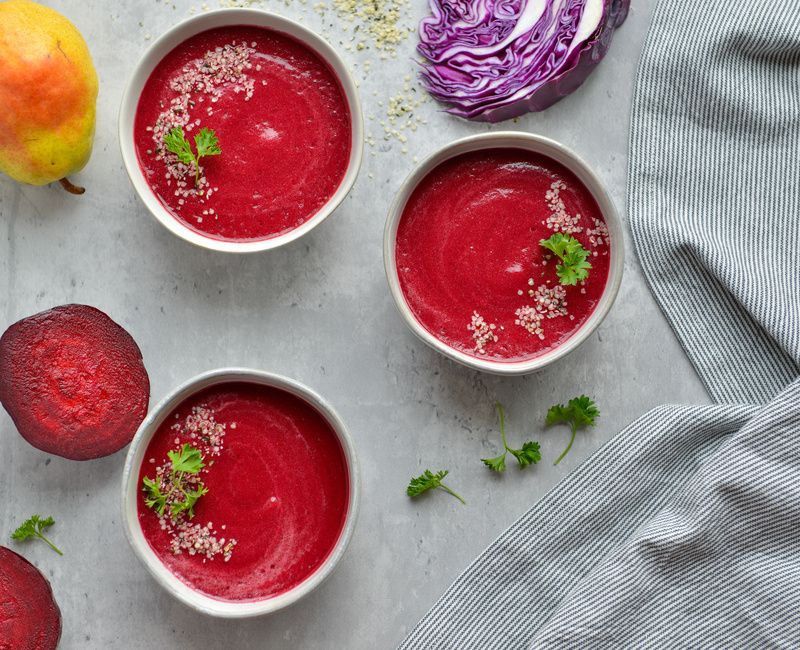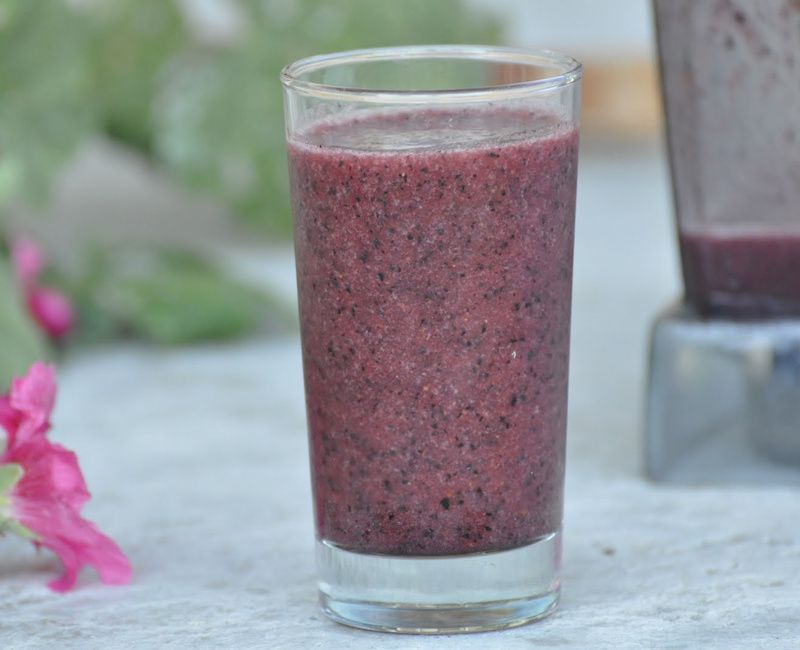Detoxification Diet
Our bodies are subject to a growing list of toxins coming from the air, our food supply, and the water we drink. Many of these chemicals are known carcinogens, therefore, doing our best to minimize these, along with increasing the consumption of specific compounds that can support the removal of these toxins is paramount to staying healthy.
Latest Anti-Inflammatory Recipes
Detoxification Diet Safe with Modifications
What is a Detoxification Diet?
The Detox Diet eliminates sugar, dairy, gluten, refined grains, and processed foods. It emphasizes foods that support the body's natural detoxification pathways. The Detox Diet is best done for a minimum of 6 weeks to begin to see results. A detoxification diet has three primary components: Reducing exposure, transforming toxic compounds into less toxic compounds in the body, and then eliminating them. You can help reduce toxin exposure by purchasing organic produce and pasture-raised meats and eggs. Some types of seafood contain high levels of heavy metals, however, wild Alaskan salmon has lower levels of toxins compared to other types of fish and seafood.
Other ways to reduce exposure while on a detox diet is to eliminate the use of body care products and make-up with synthetic fragrances and ingredients you can't pronounce. Try using coconut oil mixed with some essential oils to rub into your skin as "lotion" after a shower. Pure jojoba oil and a few drops frankincense essential oil make a perfect face "cream" without any toxic ingredients. Ask yourself: Am I using dryer sheets, air fresheners, or scented laundry detergent? These items create indoor air pollution that your body needs to deal with. Part of lessening exposure is to look at ALL forms of exposure that you are exposed to daily and that you can easily change.
Next, toxins need to go through a process called biotransformation. The body requires signals from food to regulate these detoxification pathways. This is how toxins are transformed in the body into less toxic compounds. These "helper" compounds include thiols like sulforaphane, curcuminoids (from turmeric), and polyphenols (brightly colored plant foods and green tea). Then, these less toxic compounds need to get eliminated or they will get reabsorbed into circulation. It is very important to drink enough water and include high-fiber foods each day in order for proper elimination to occur.
Foods that Support Detoxification:
- Foods rich in sulforaphane (cruciferous vegetables such as radishes, kale, collards, arugula, daikon, broccoli, cauliflower, broccoli sprouts)
- Foods rich in thiols (allium vegetables such as onions, garlic, leeks, green onions, shallots)
- Leafy greens (mustard greens, lettuce, frisée, cress, radicchio, endive, parsley, cilantro, dandelion greens)
- High-fiber foods (legumes, vegetables, fruits, gluten-free whole grains, chia and flax seeds)
- Sulfur-containing amino acids (small amounts of pastured eggs, meat, poultry, fish)
- Magnesium-rich foods (raw pumpkin seeds, cashews, almonds, avocado, cacao powder, leafy greens)
- Polyphenol-rich foods (berries, beets, red or black grapes, fennel bulb, dark green vegetables, carrots, winter squash, sweet potatoes, tomatoes, black rice, red quinoa, legumes, green tea, matcha powder, extra virgin olive oil)
- Plenty of purified water throughout the day. Aim for half your weight in ounces! If you are 150 pounds, then your goal should be 75 ounces of water per day. Be sure this is not tap water. Use a filtration system like a Berkey Water Filter or buy jugs of purified drinking water from your local grocery store
Foods Excluded from the Detoxification Diet:
- Gluten
- Dairy and goat milk and their products
- Fish that are high in heavy metals
- Refined sugar (all sweeteners except for small amounts of maple syrup, raw honey, coconut sugar, and fresh dates in recipes)
- Refined oils (all oils except extra virgin olive oil, avocado oil, and unrefined coconut oil)
- All processed foods
- Peanuts and peanut butter
- Roasted and salted nuts and seeds
- Pork (bacon, pulled pork, ribs, pork chops, etc.)
Who is a Detoxification Diet for?
Incorporating detoxification diet recipes into your daily diet is beneficial for everyone. If your body is very out of balance then a 6-week detoxification diet can help bring it back into balance. People experiencing weight loss resistance, metabolic syndrome, or obesity benefit from a detoxification diet for a minimum of 6 weeks, though often longer. If you have consumed a high amount of alcohol for an extended period of time, then cutting out alcohol and committing to a detoxification diet can help reduce inflammation caused by excess alcohol consumption and restore antioxidant defense systems.
If you are experiencing these symptoms or conditions, the detoxification diet may benefit you:
- Elevated liver enzymes
- High alcohol consumption
- Obesity
- Weight loss resistance
- Blood sugar regulation issues
- Chronic fatigue
- Brain fog
- Cognitive decline
- Chronic constipation
- Acne
- Hormonal imbalances
- Infertility
- ADD/ADHD
- Autism
What can I eat on a Detoxification Diet?
There are many foods you can eating while enjoying the benefits of a detoxification diet! Fresh organic or pastured meats and eggs, wild fish, gluten-free whole grains and whole grain flours, legumes, all fresh fruits and vegetables, nuts and seeds, unrefined oils and a small amount of natural sweeteners. The focus on this diet should be to include at least 1 to 2 servings of a raw or lightly steamed cruciferous vegetable per day. Other foods that are highly supportive of detoxification pathways are raw garlic, ginger, turmeric, and bitter foods such as green tea and bitter greens such as frisée and kale.
Start with incorporating recipes into your diet that are a concentrated source of compounds that support detoxification. Include green tea or matcha daily, bone broths such as this Turmeric-Ginger Broth, smoothies made with antioxidant-rich berries and raw cruciferous veggies such as this Berry Cherry Green Smoothie or this Cherry Beet Detox Smoothie. Try high-fiber whole grain salads like this Autumn Harvest Quinoa Salad. If you are in need of a healthy treat or snack, try these Cherry Pumpkin Seed Flour Muffins! Include antioxidant-rich and high-fiber soups like this Minestrone Soup. A detoxification dinner may look something like this: Sheet Pan Salmon with Fennel and Sweet Onions along with a Frisée and Radish Salad and a Greek Potato Salad. A plant-based detox dinner might include this Instant Pot Black Bean Chili, cooked Quinoa, along with a serving of Homemade Guacamole.
How do I start a Detoxification Diet?
- If you are not already a member on this site then become a Nourishing Meals® member now to get access to all of the recipes and meal planning tools.
- Add Detoxification Diet when setting up your user profile or in the recipe search. Include any other foods intolerances you may have, then start adding recipes to your meal planner.
- Remember to include about two recipes per day that contain a raw cruciferous vegetable.
- Include a balance of plant-based meals and animal-based meals to get the benefits of the diverse array of detox-supportive nutrients these foods have to offer.
- Join our Nourishing Meals Community Facebook Group to get notified with new recipes and more! Everyone is welcome.
| Plan | Length | Actions |
|---|---|---|
Fall Detox Diet Dinners-1 |
7 days | Please login to view and schedule plans |
Anti-Inflammatory Fall Meals |
14 days | Please login to view and schedule plans |
Spring Cleanse |
15 days | Please login to view and schedule plans |
Vegetarian Spring Detox |
3 days | Please login to view and schedule plans |
3-Day Vegan Detox Diet |
3 days | Please login to view and schedule plans |
3-Day Detox Diet |
3 days | Please login to view and schedule plans |
Detox Recipes with Cruciferous Veggies |
0 days | Please login to view and schedule plans |
